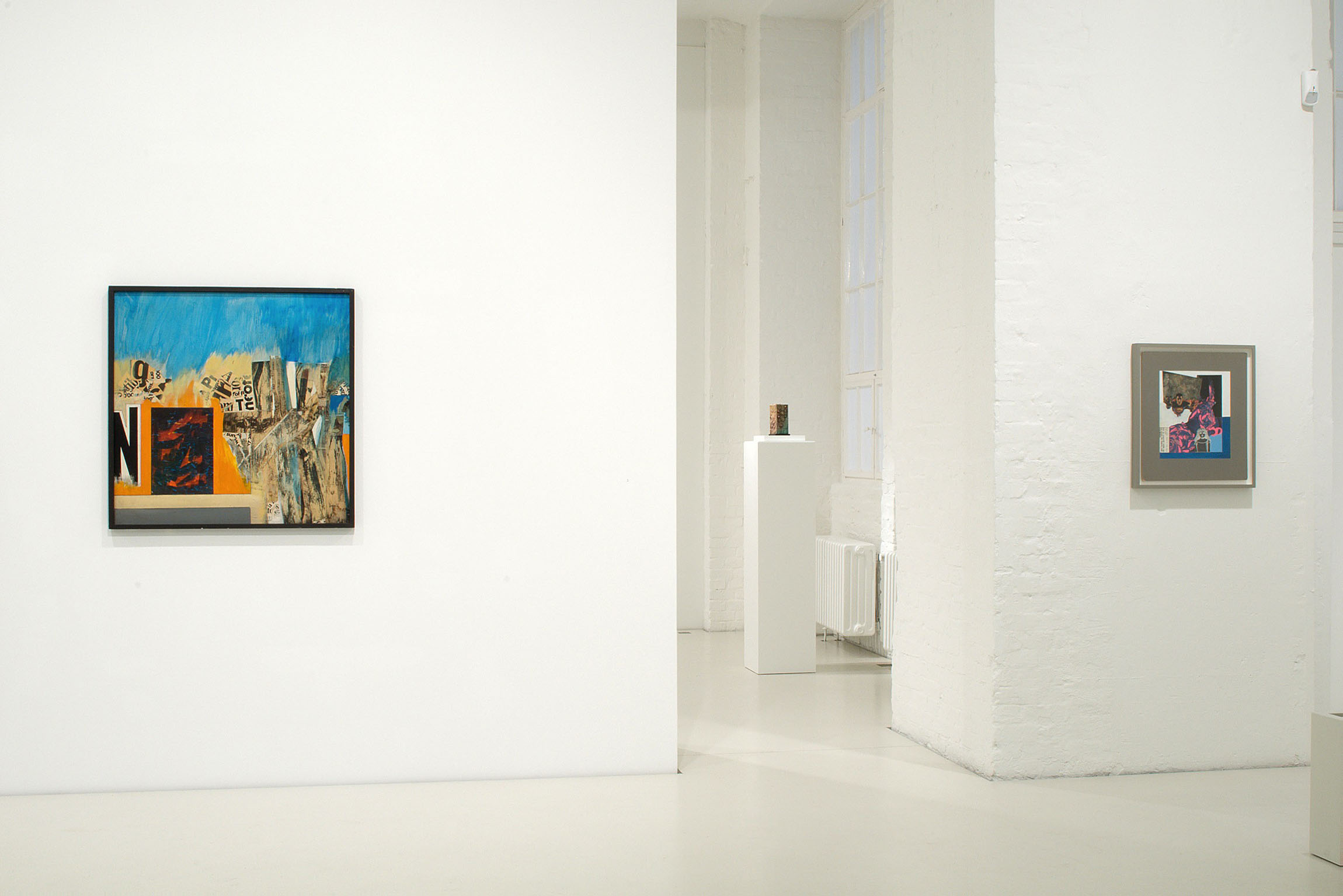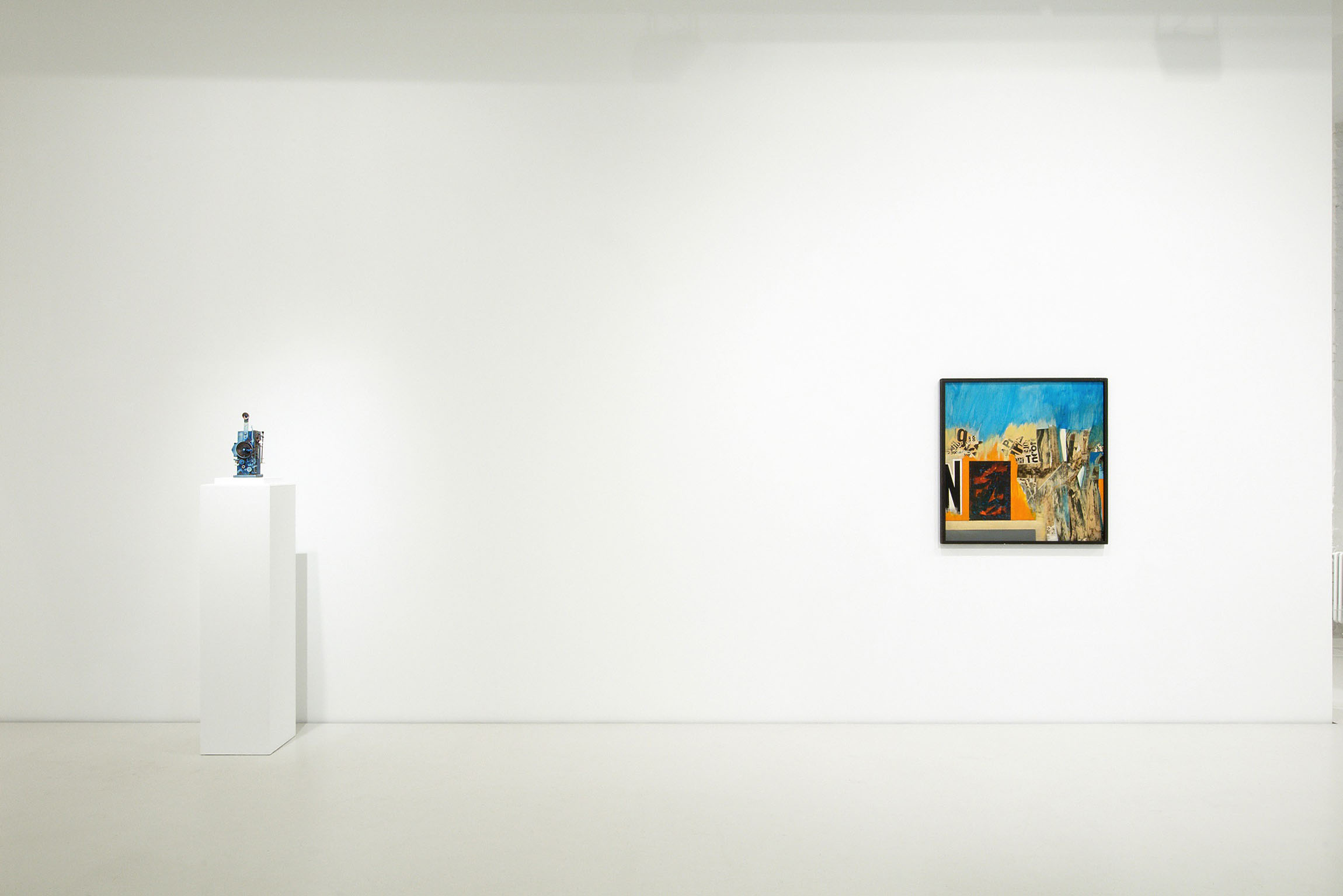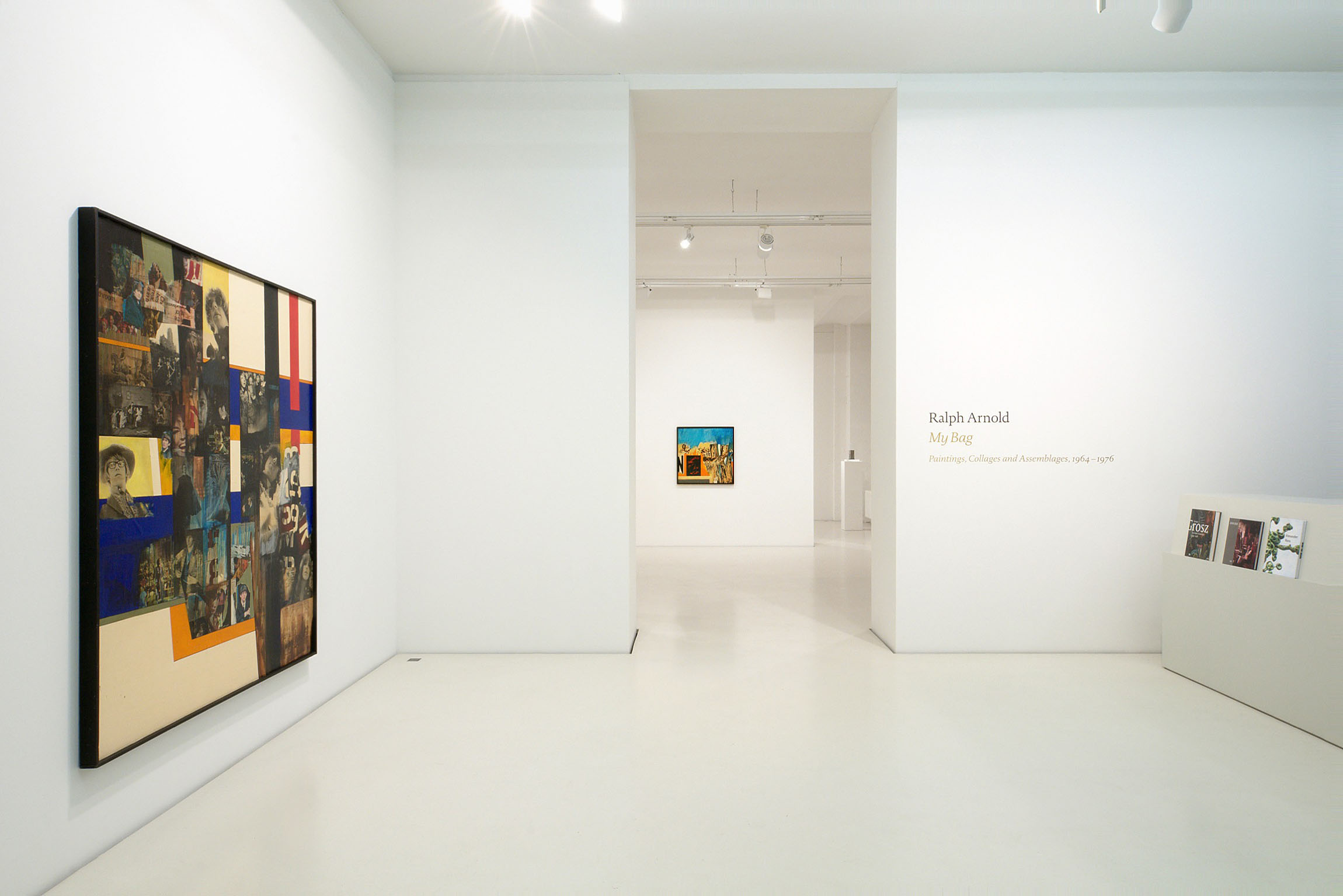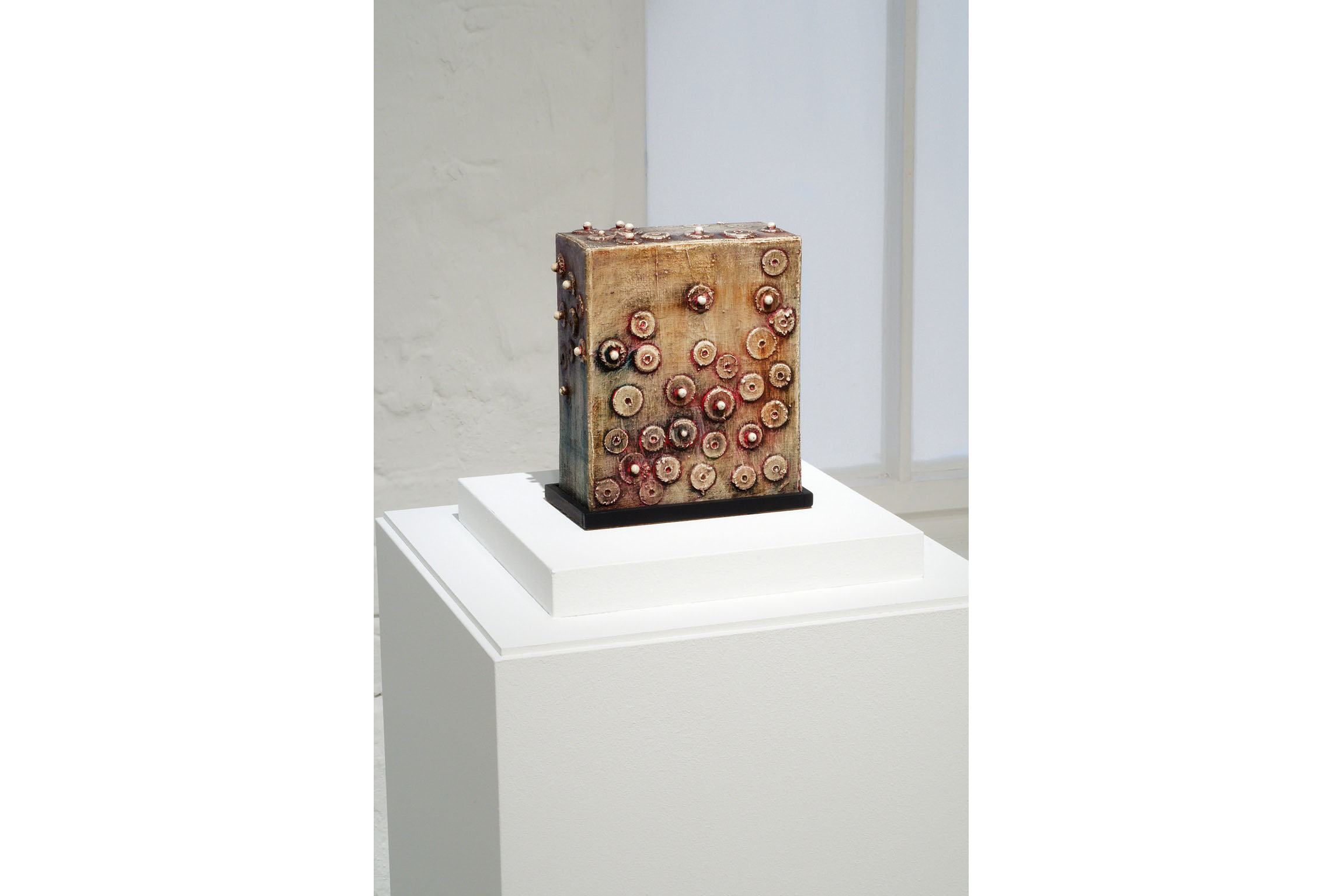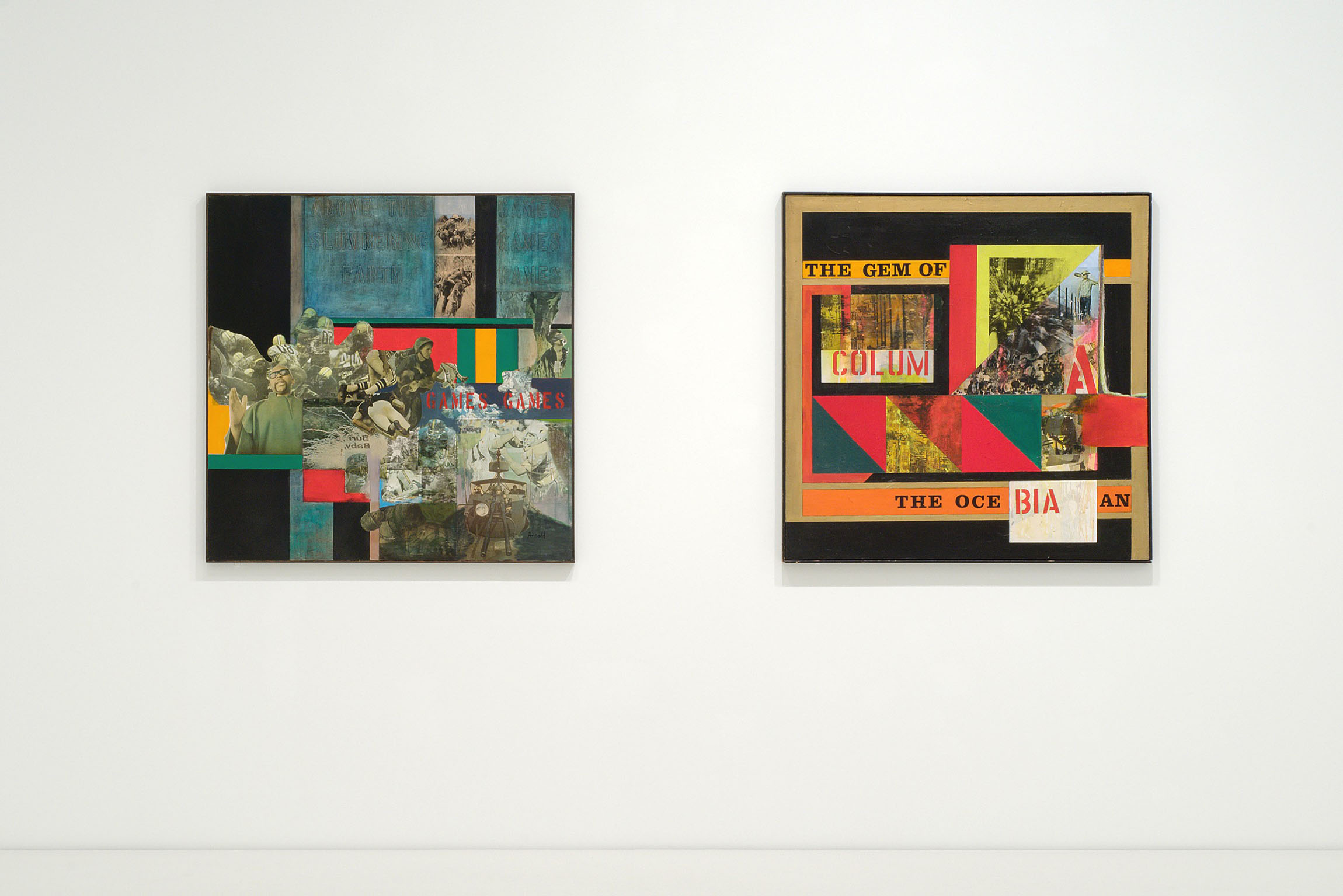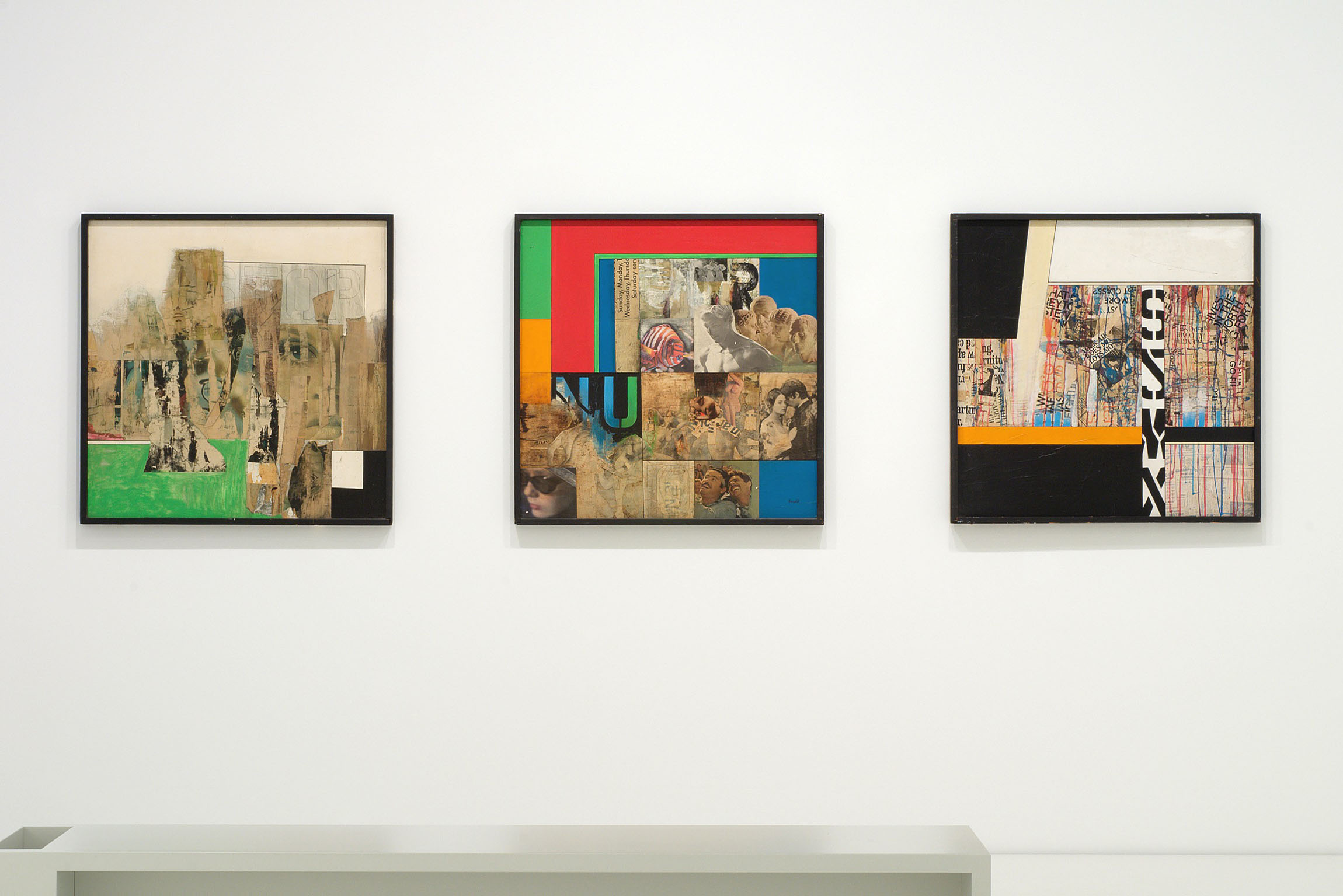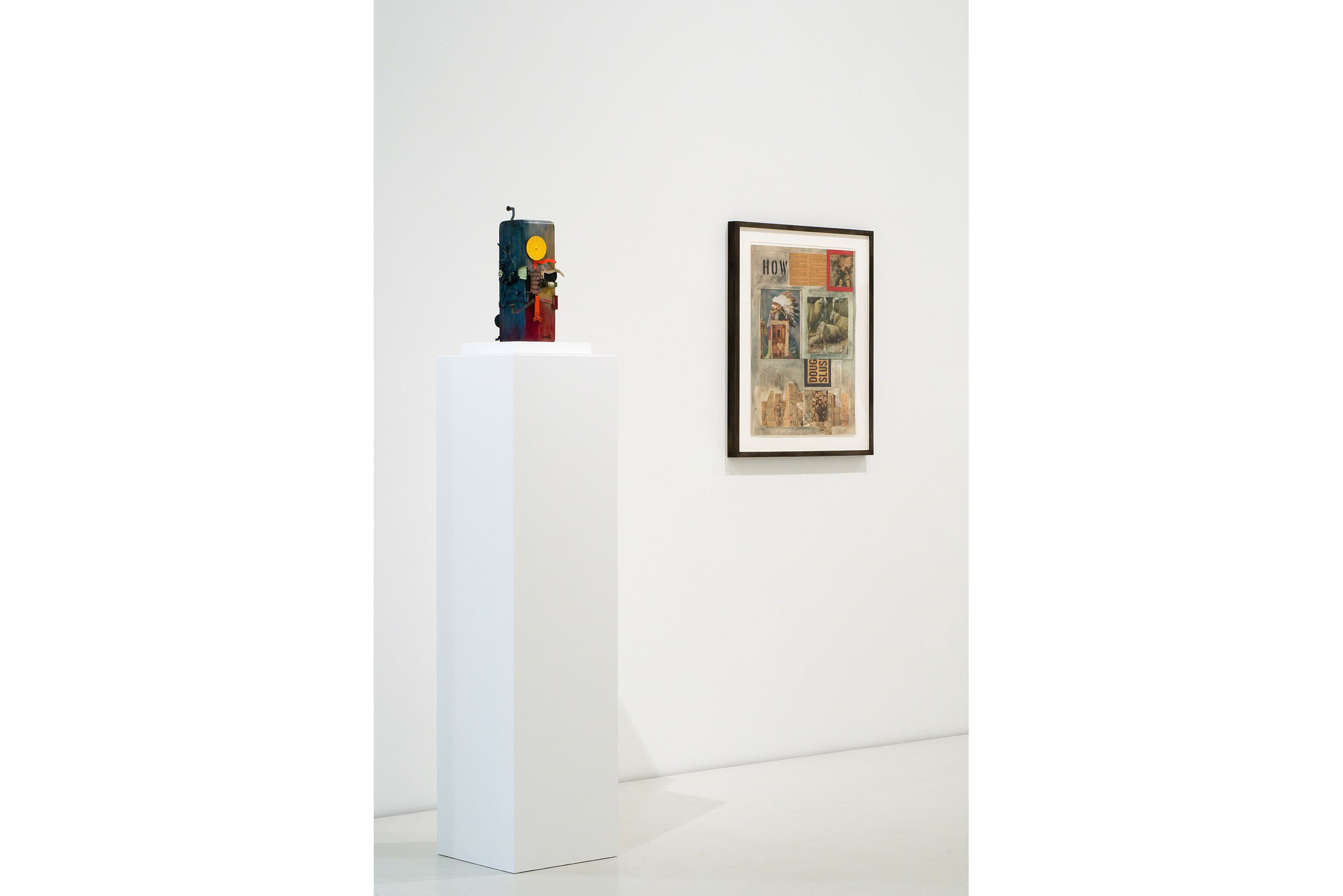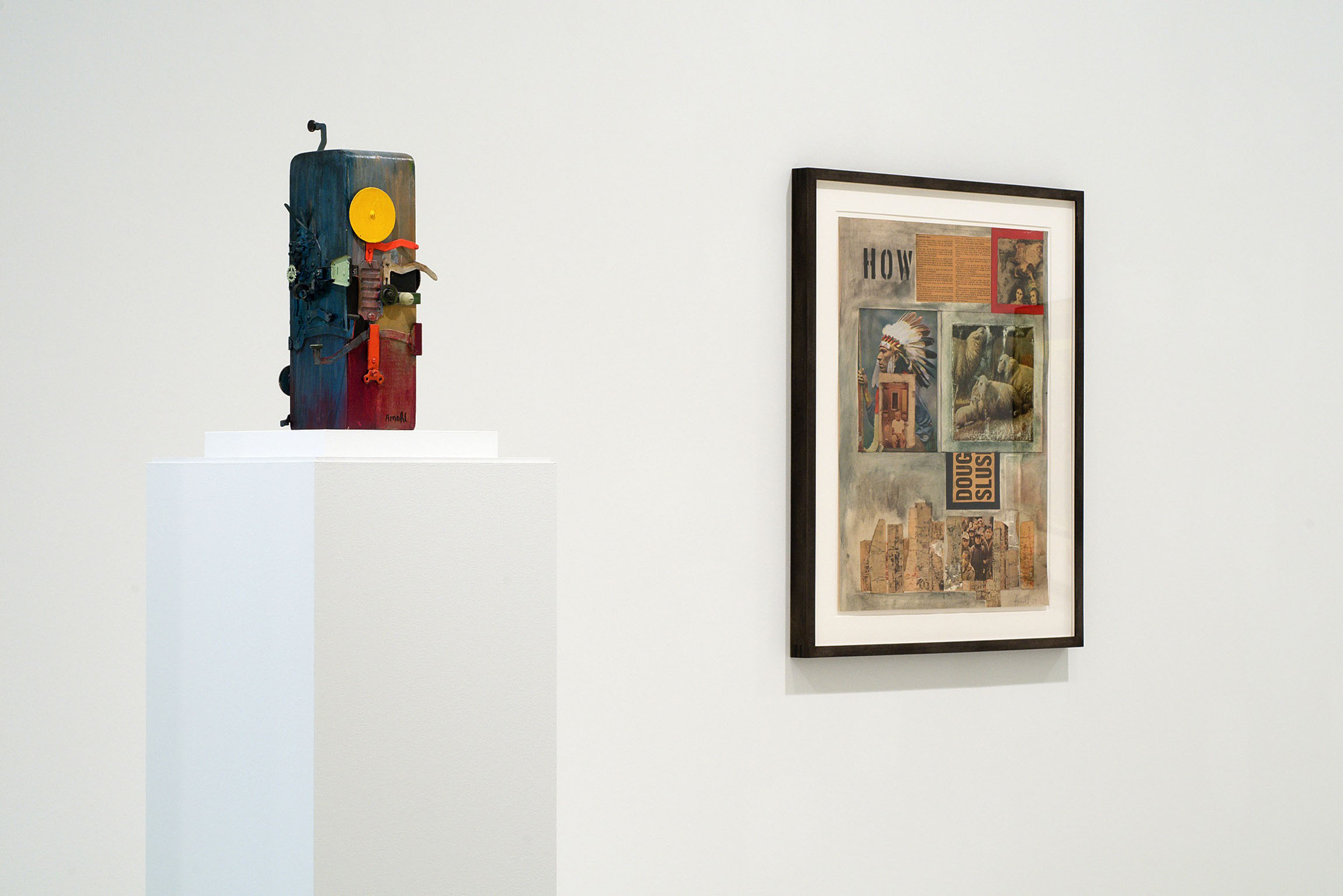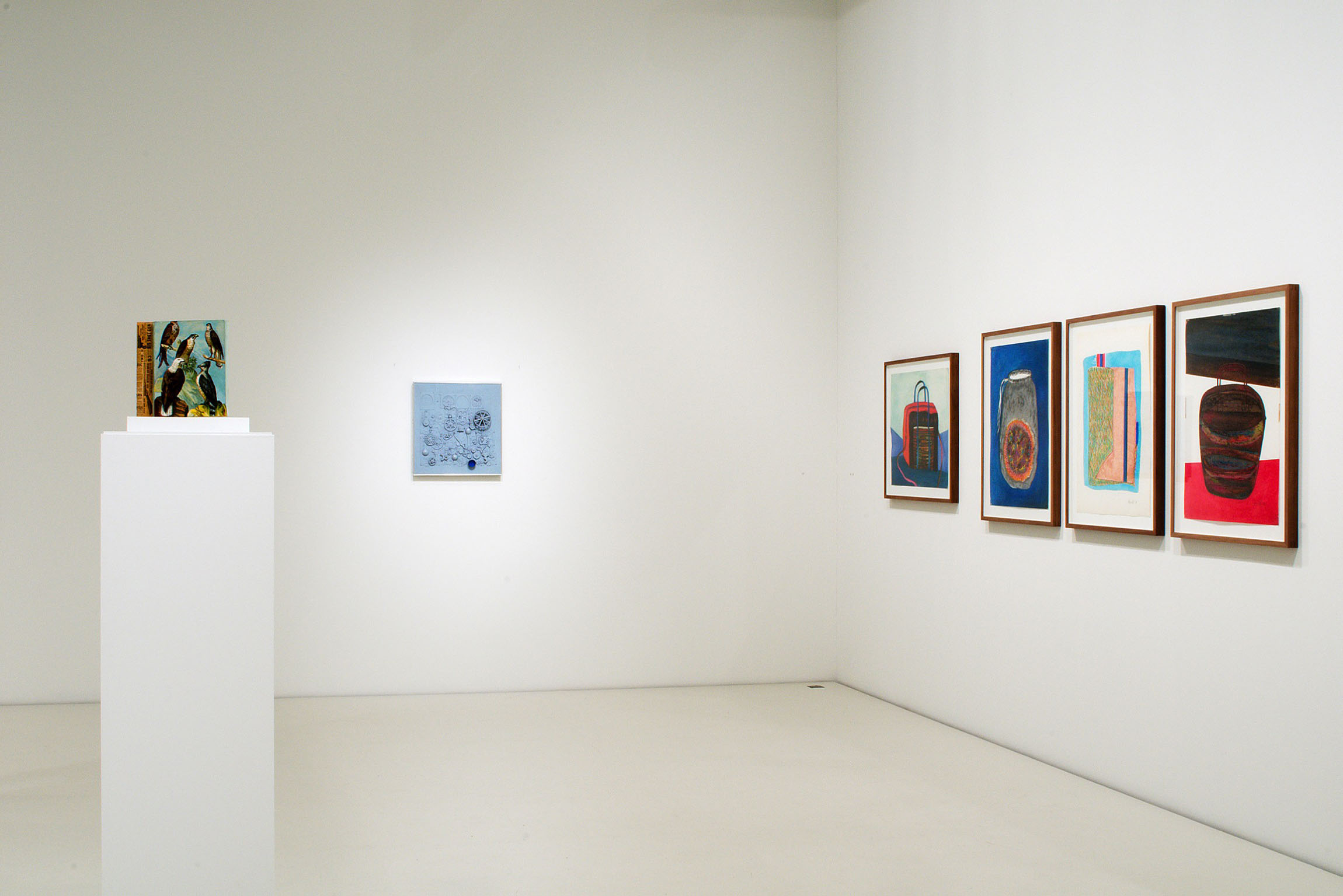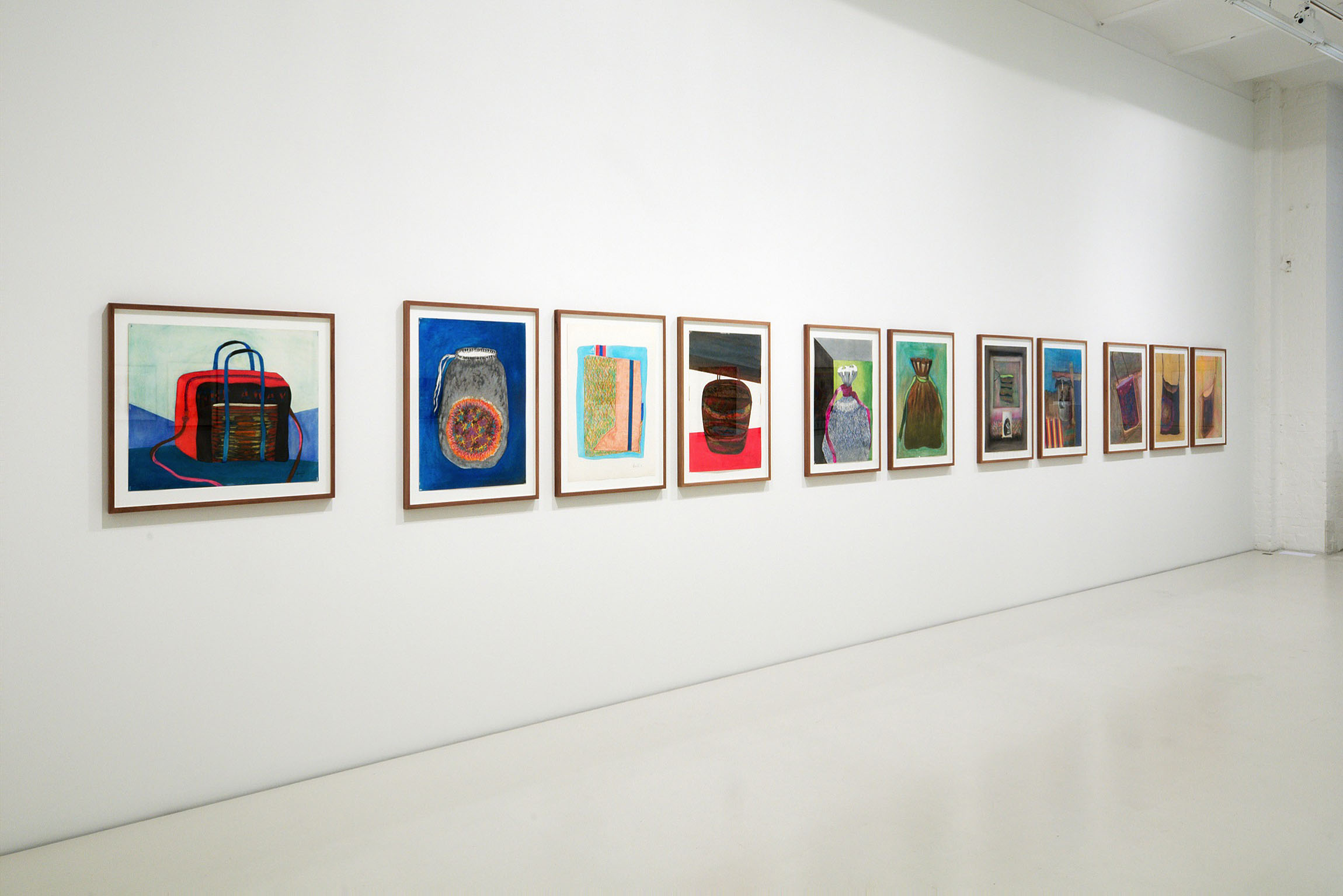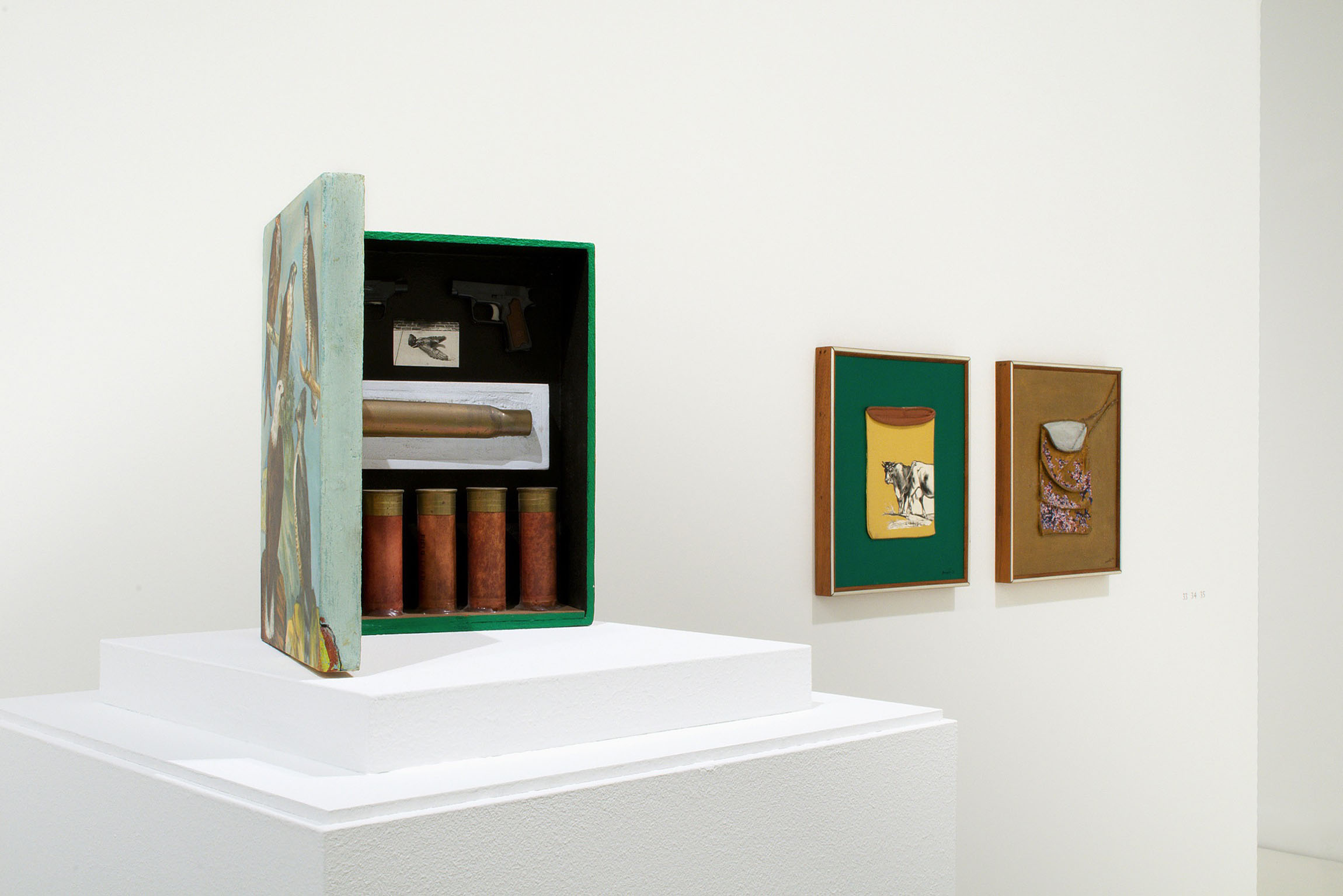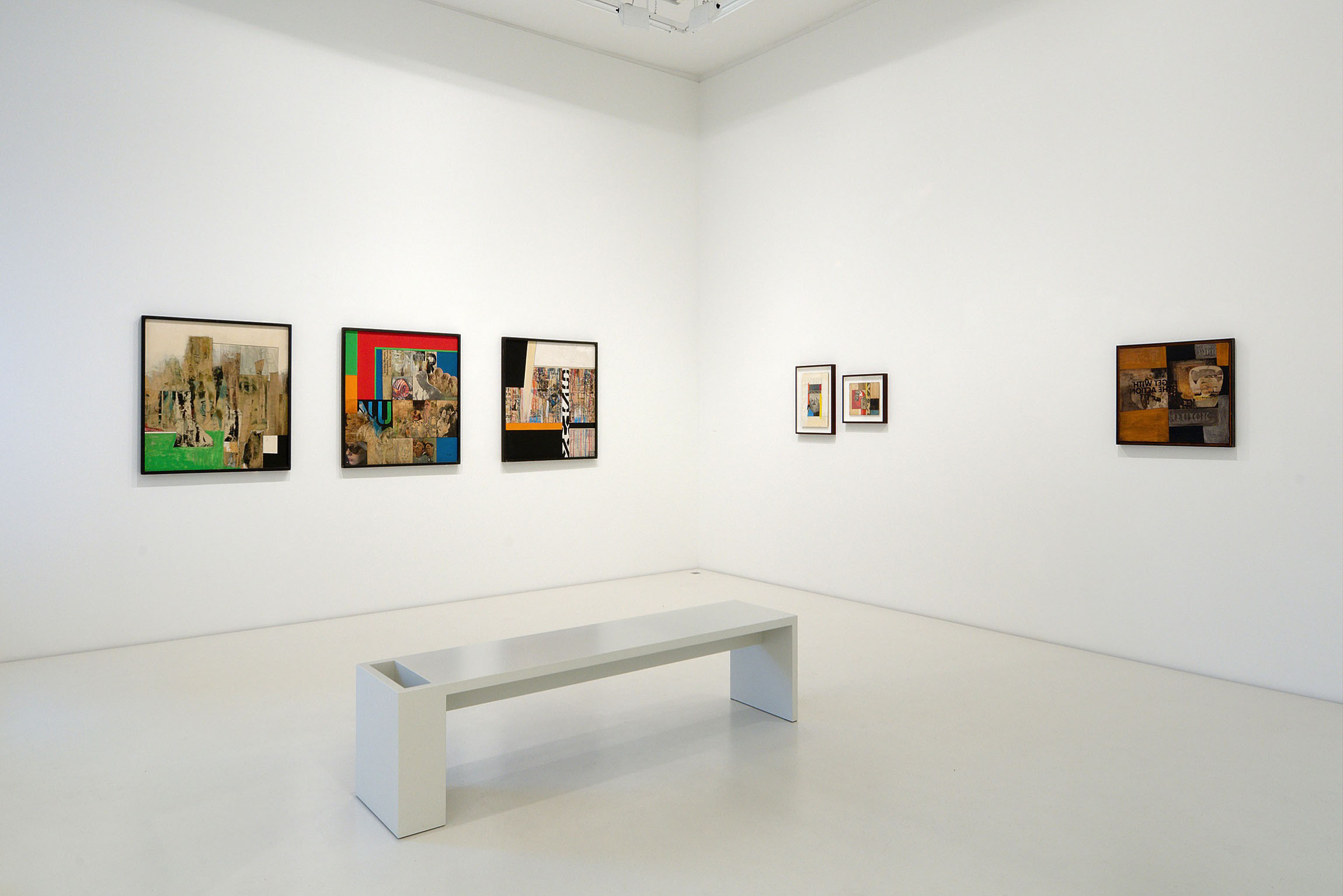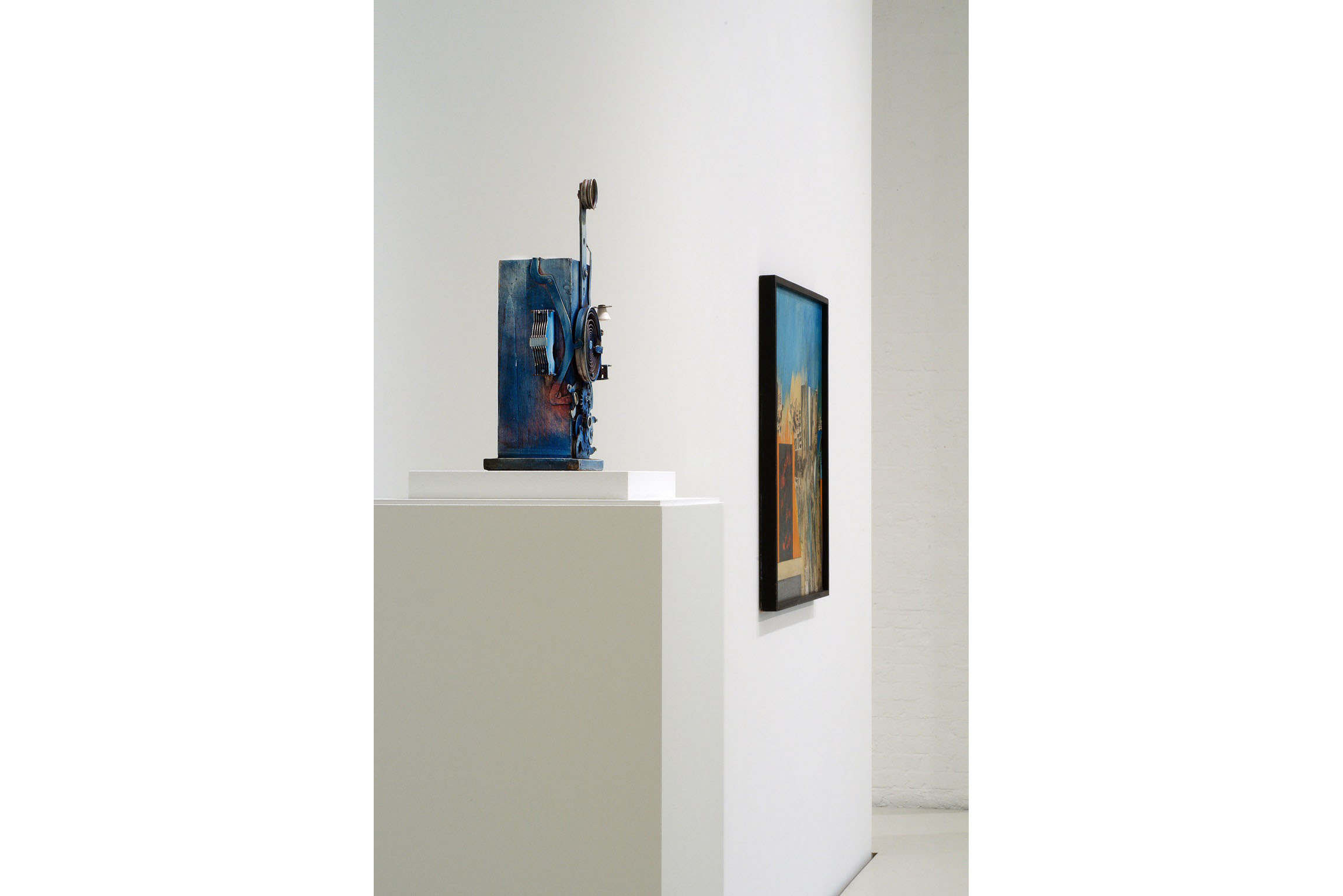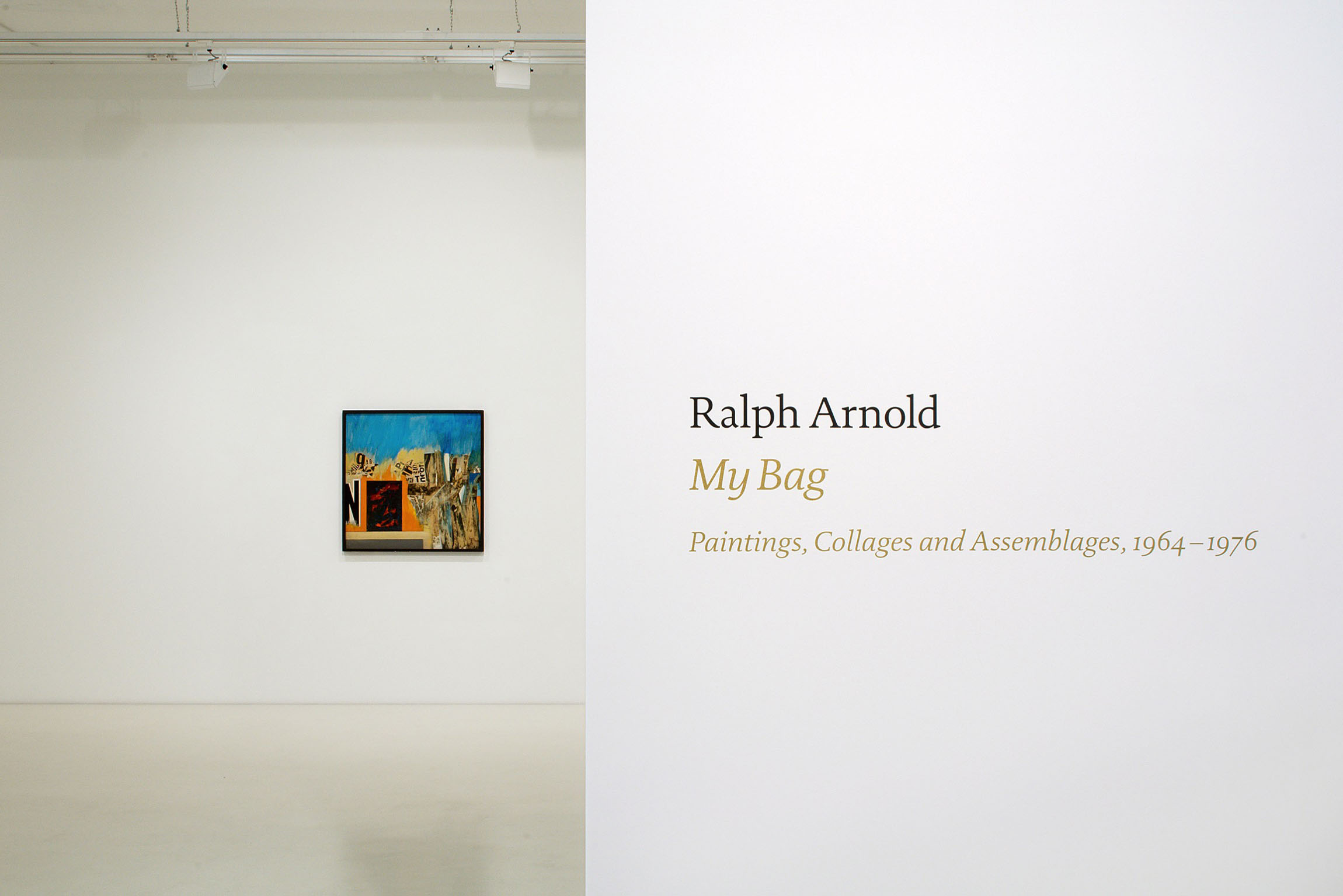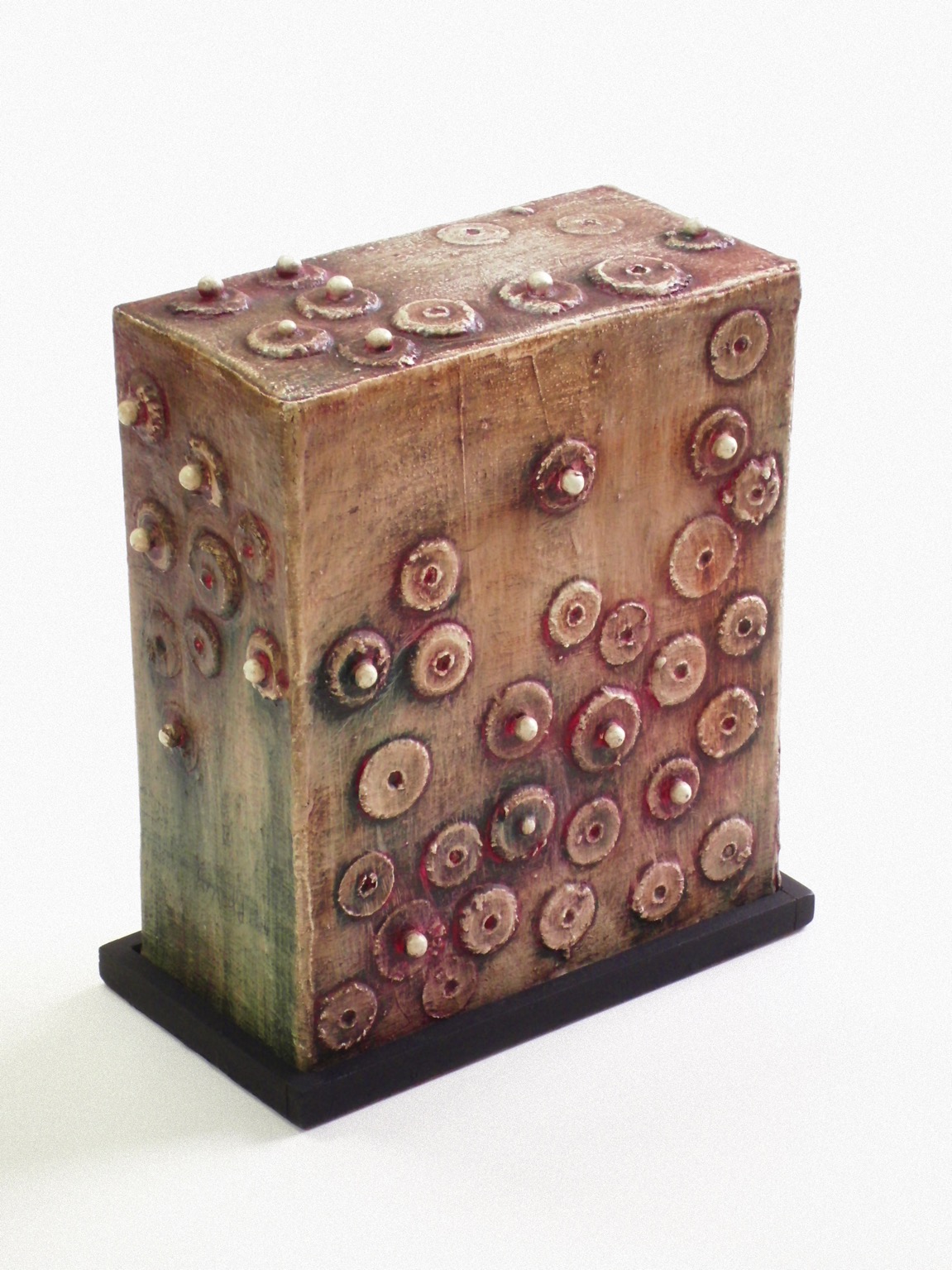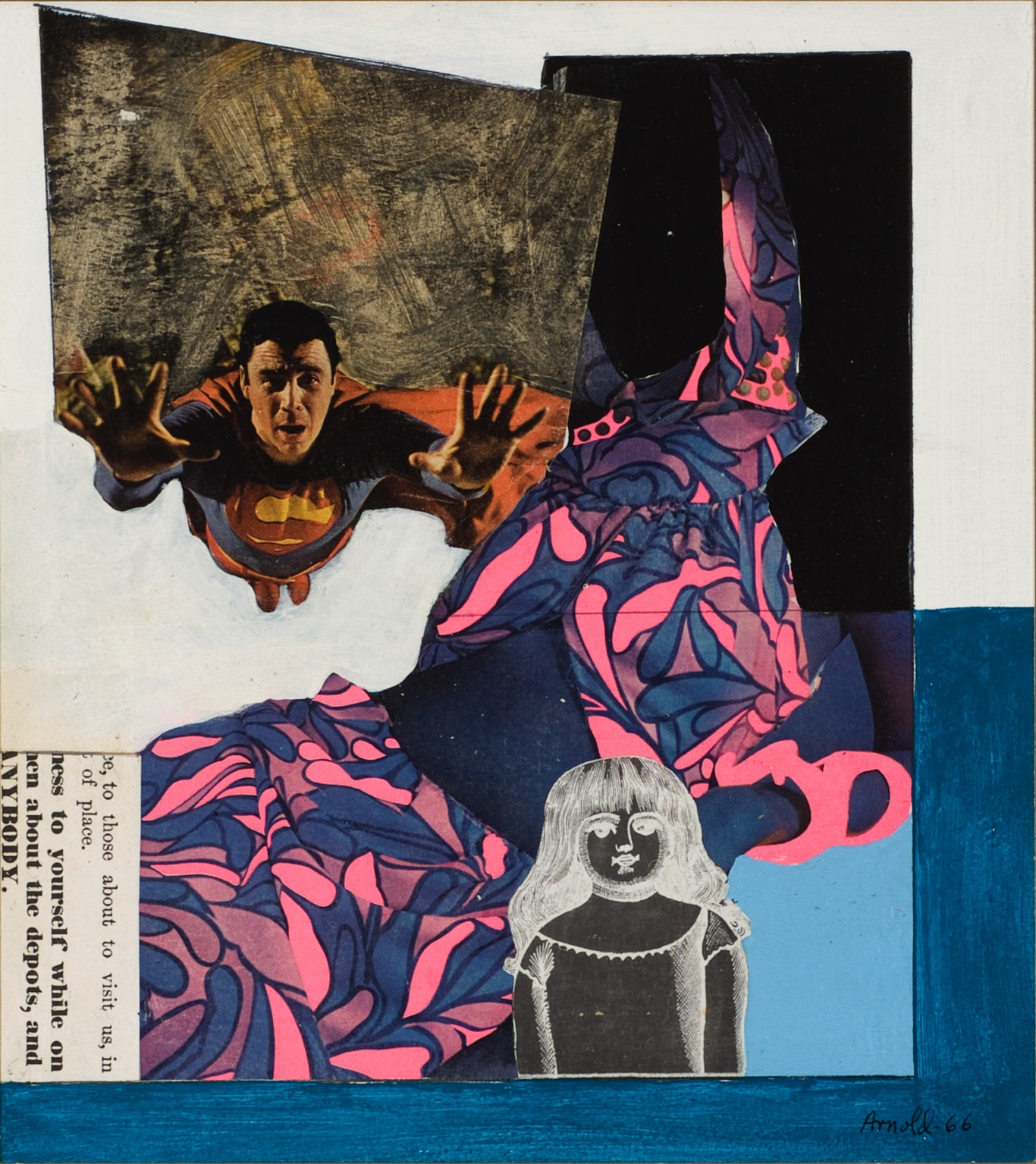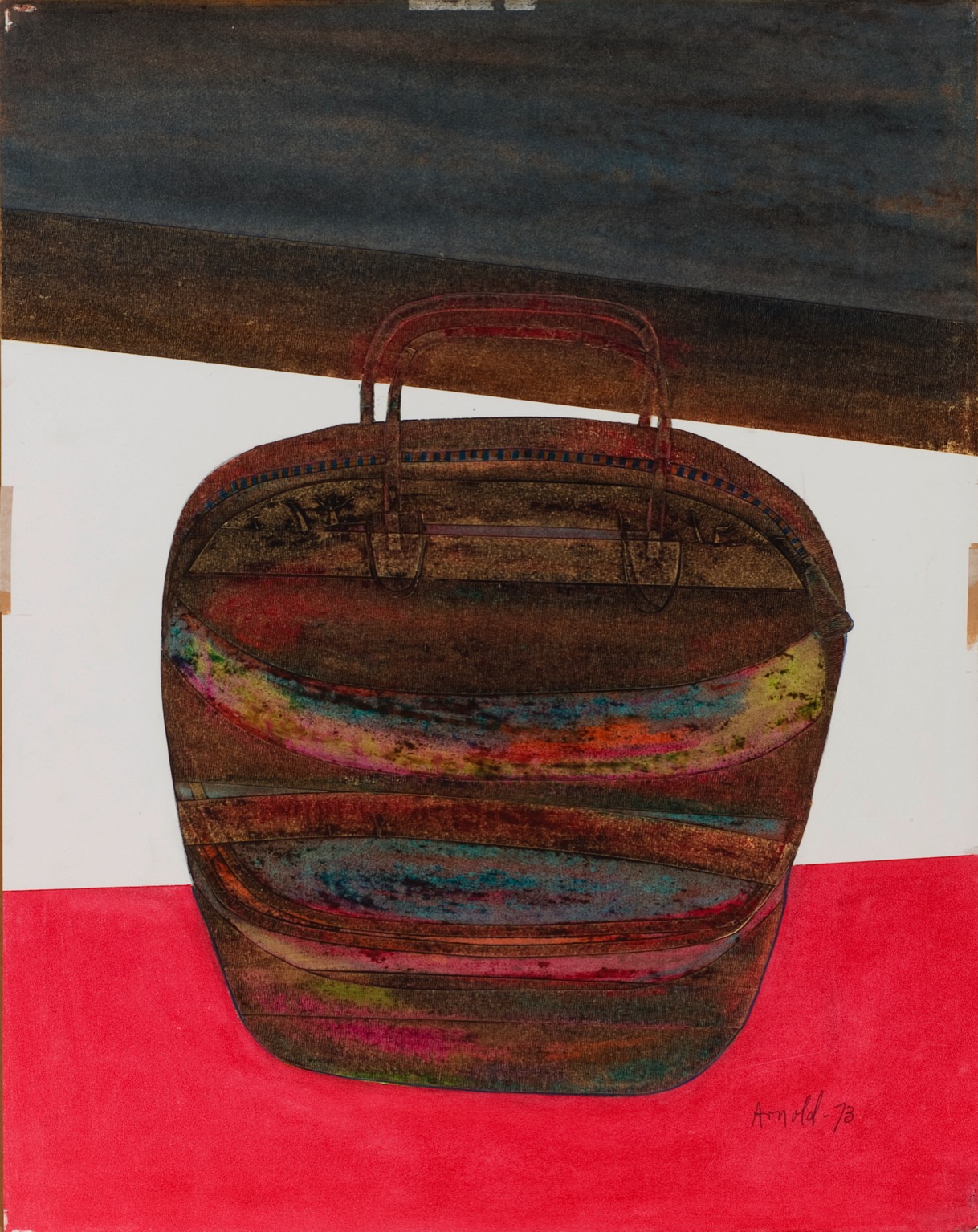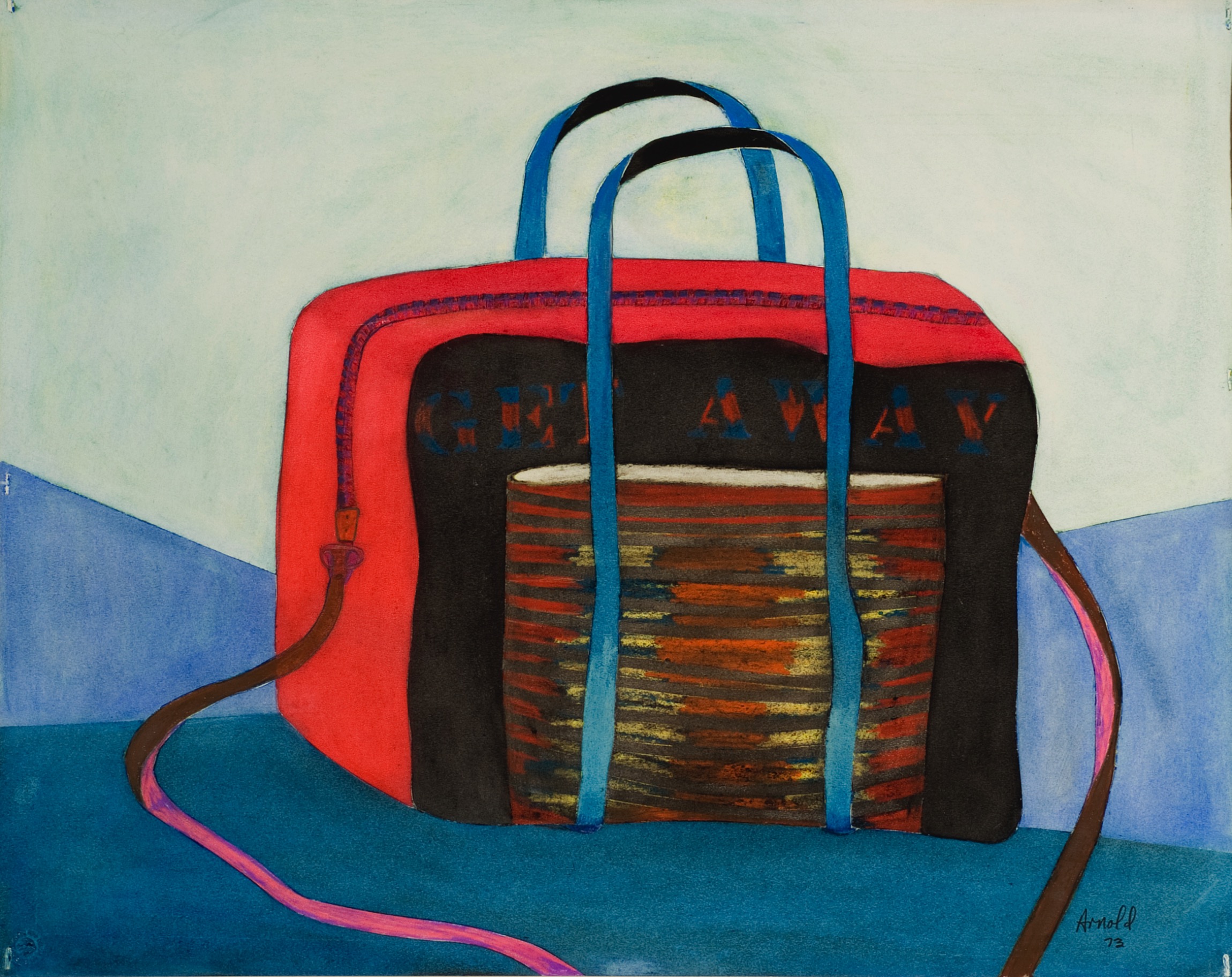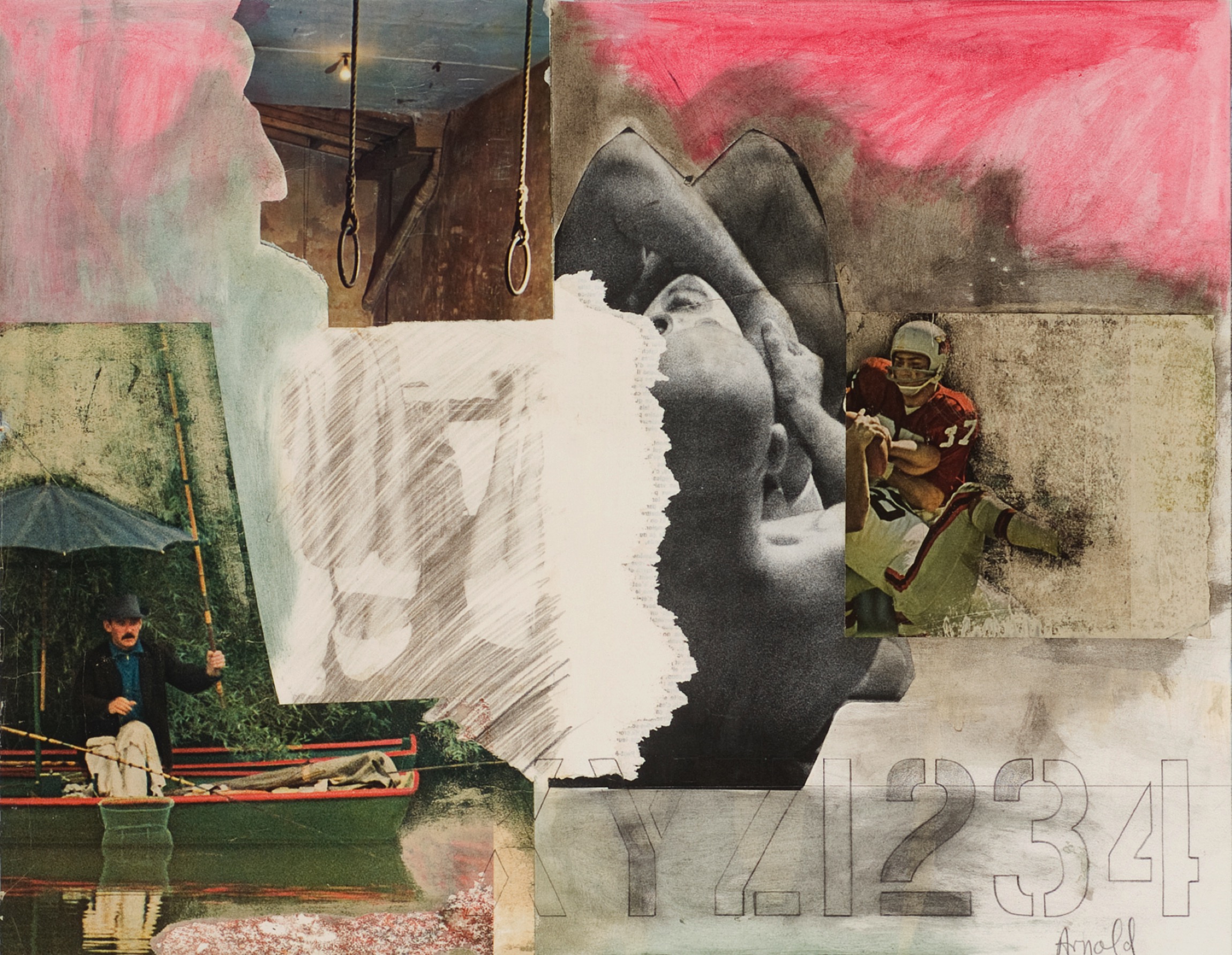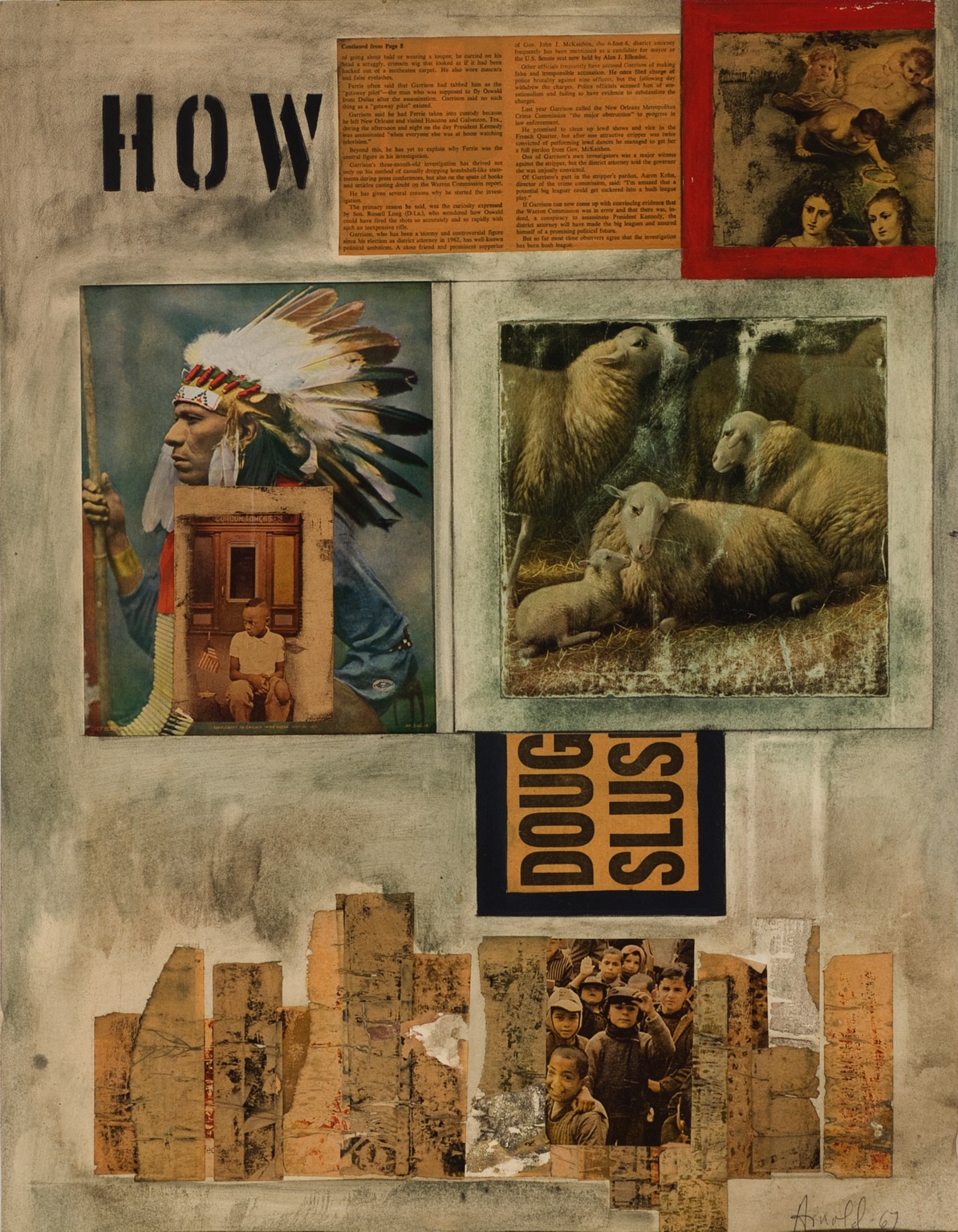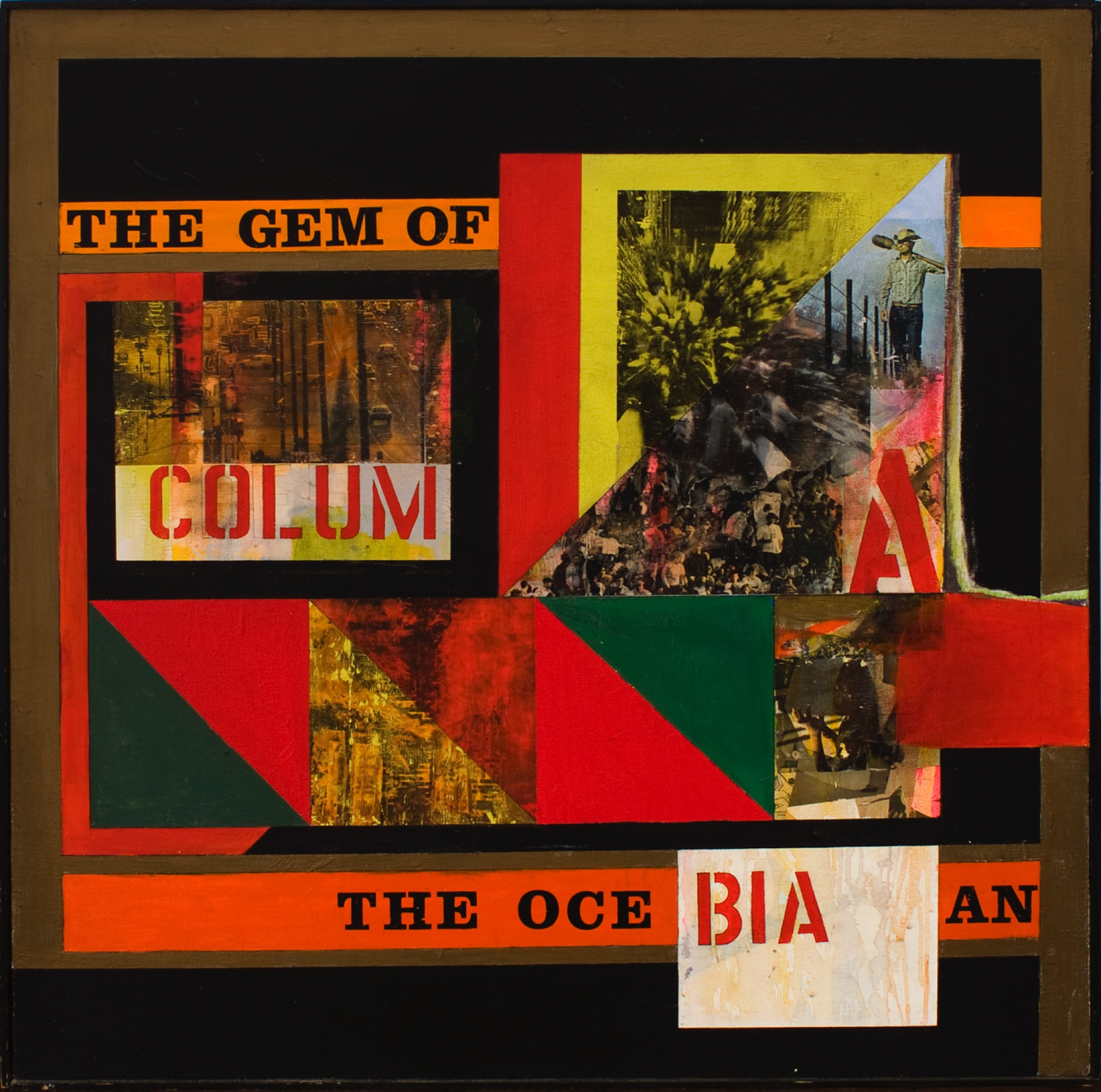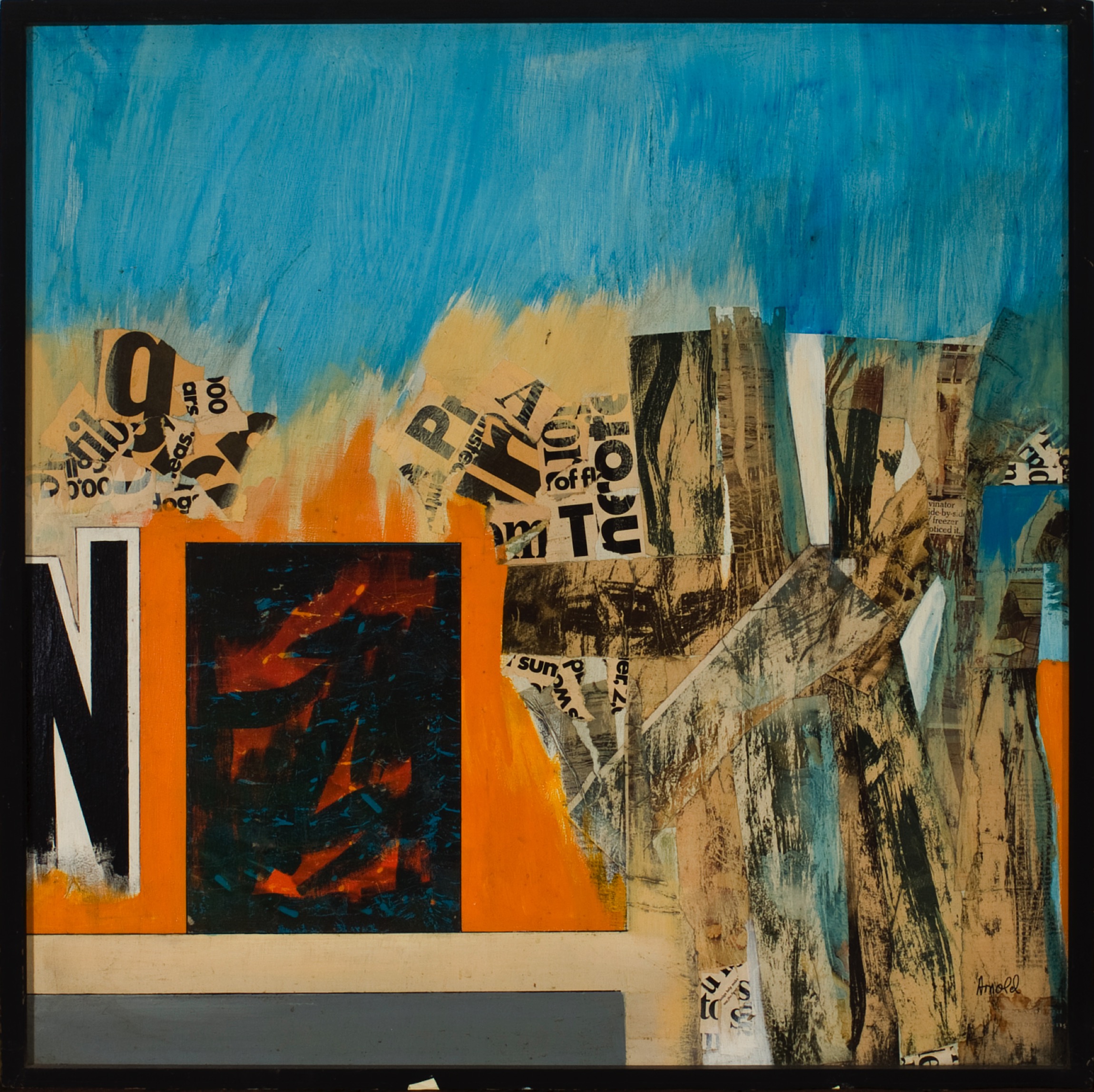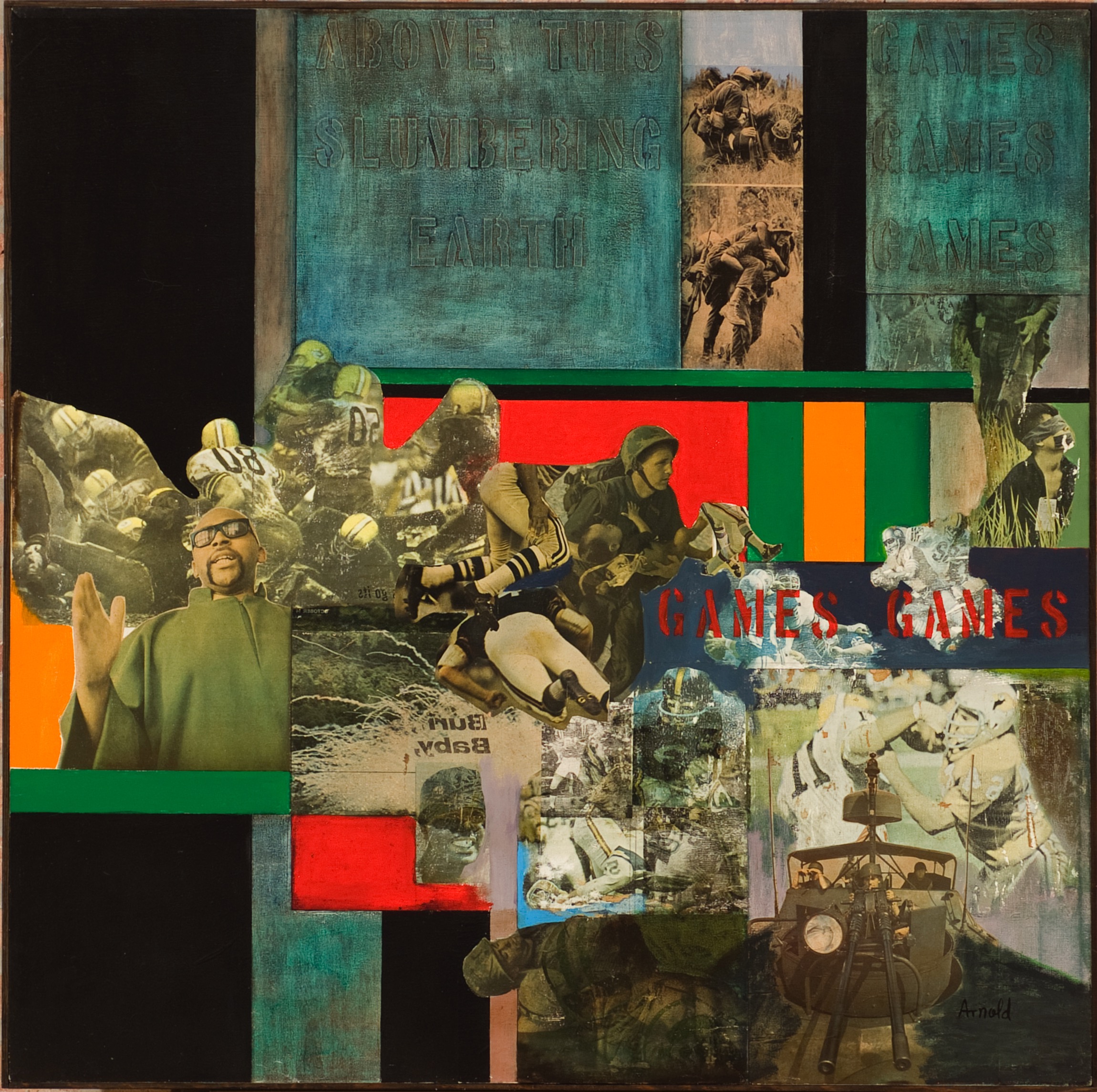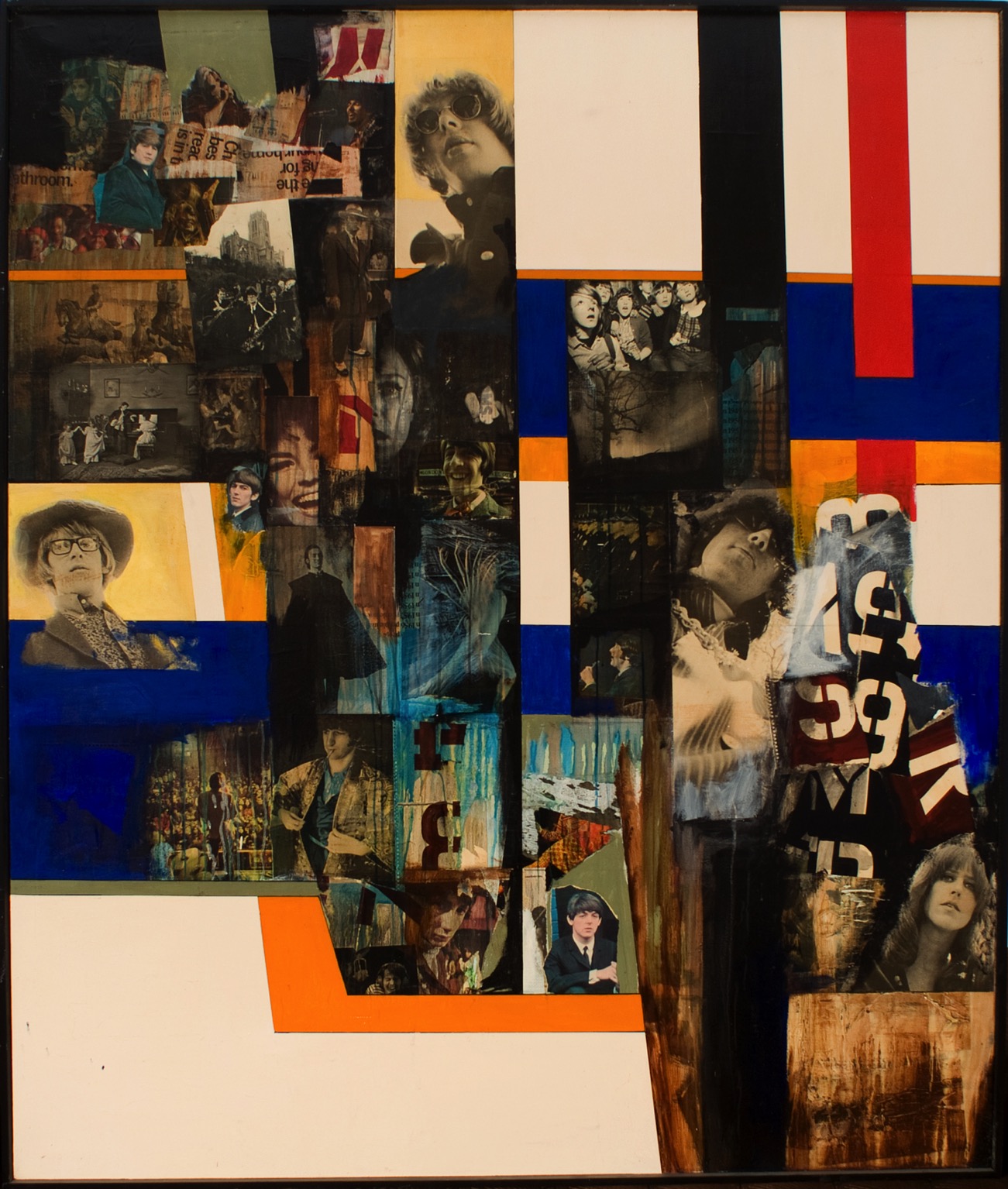Ralph Arnold
My Bag
Works
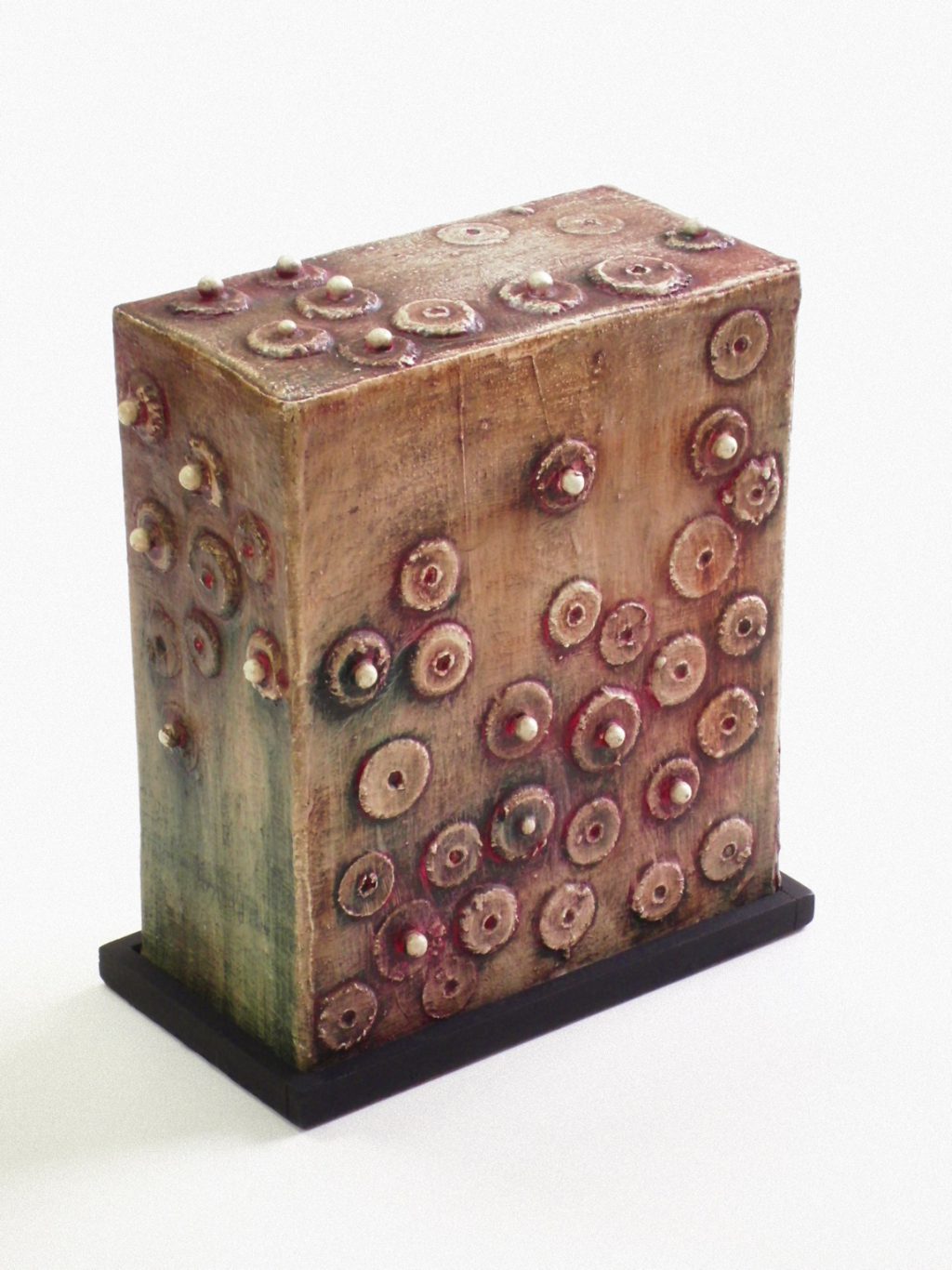
Tit Box
1964
Mixed media
18.4 × 16.5 × 9.5 cm
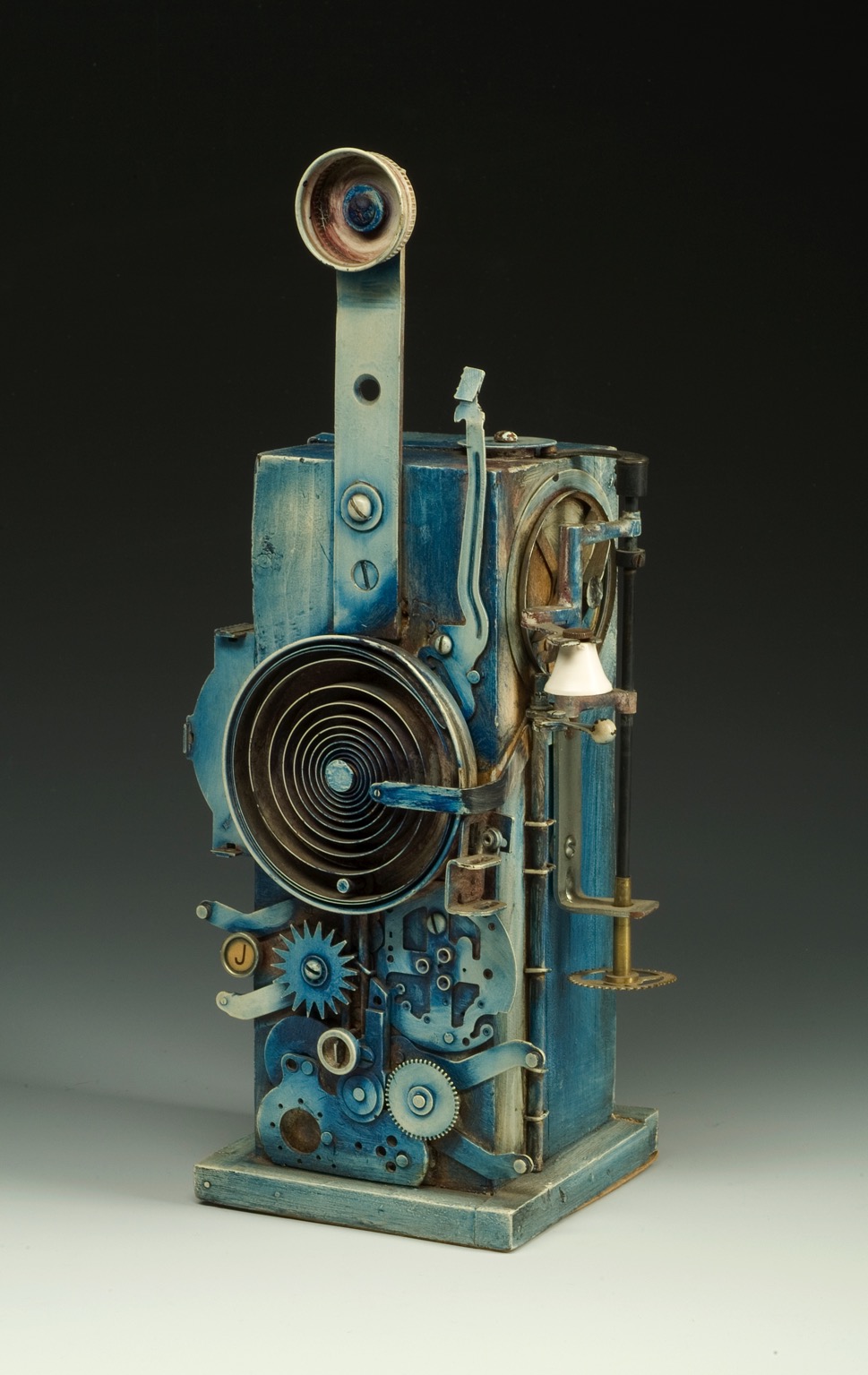
Key Movement
1963
Mixed media assemblage
34.3 × 15.2 × 15.2 cm
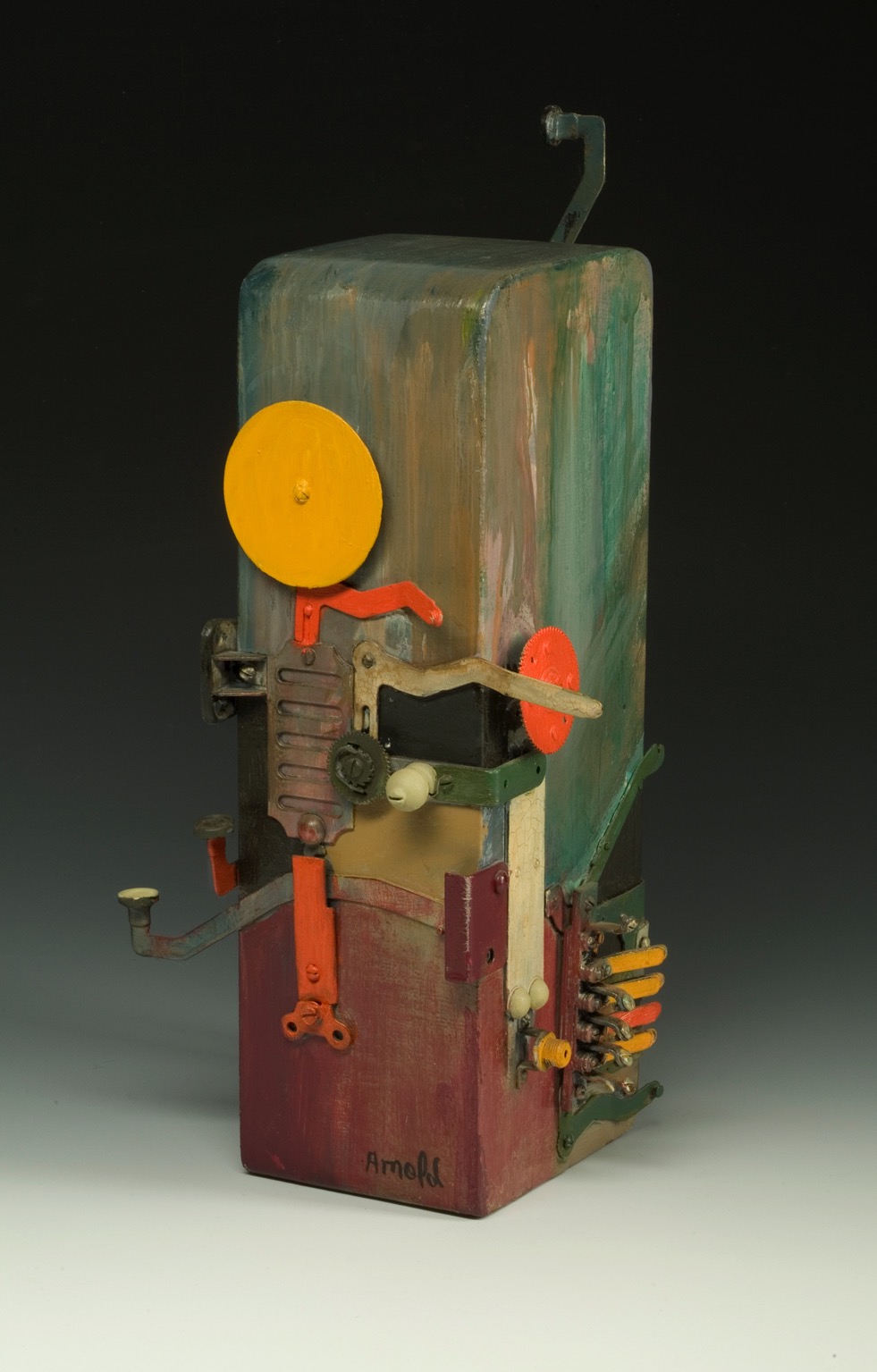
Untitled
ca. 1964
Mixed media assemblage
38.1 × 17.8 × 17.8 cm
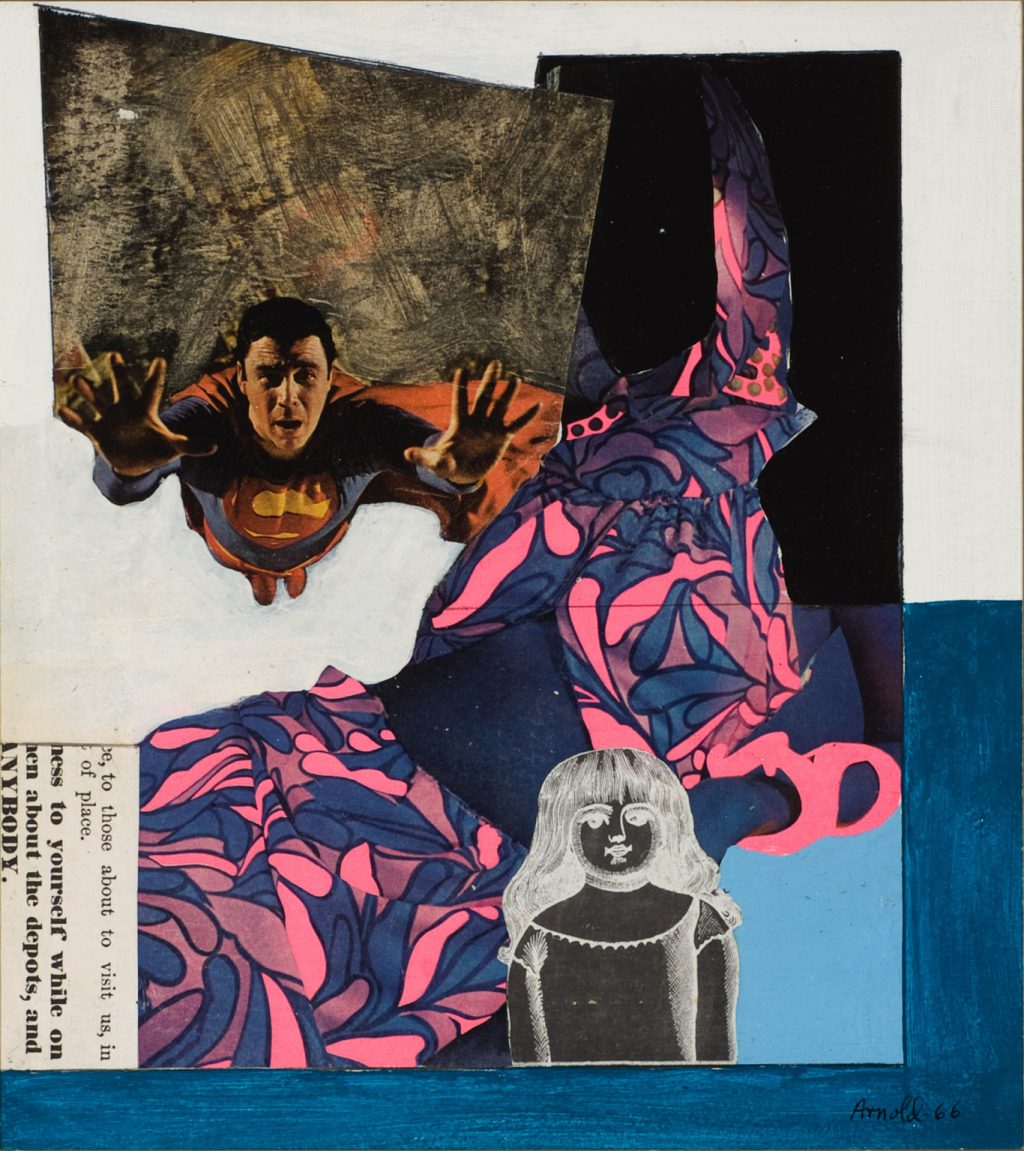
Untitled (Anybody)
1966
Collage on board
35.6 × 31.8 cm
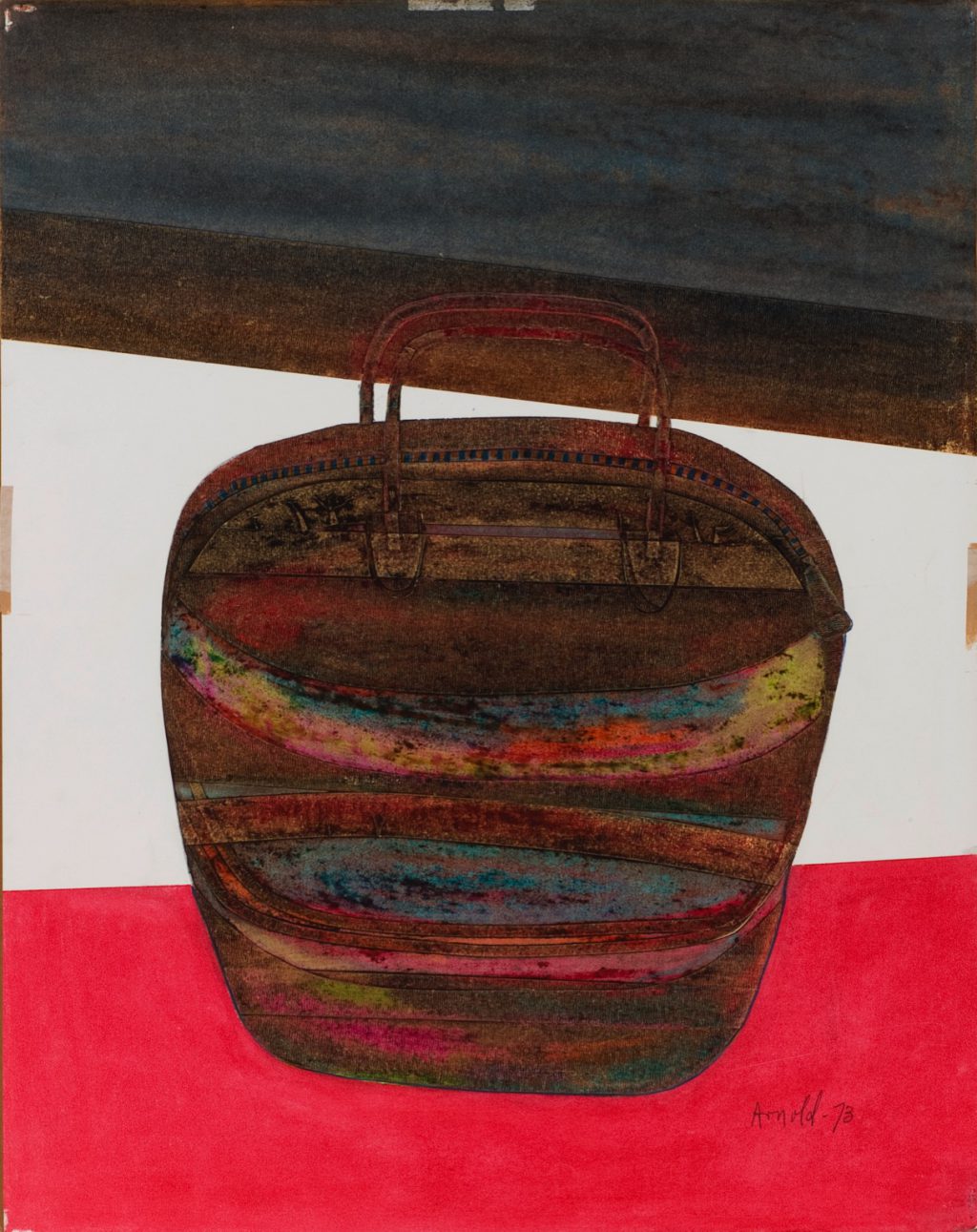
Untitled
1973
Crayon and craypas collage on paper
72.4 × 57.2 cm
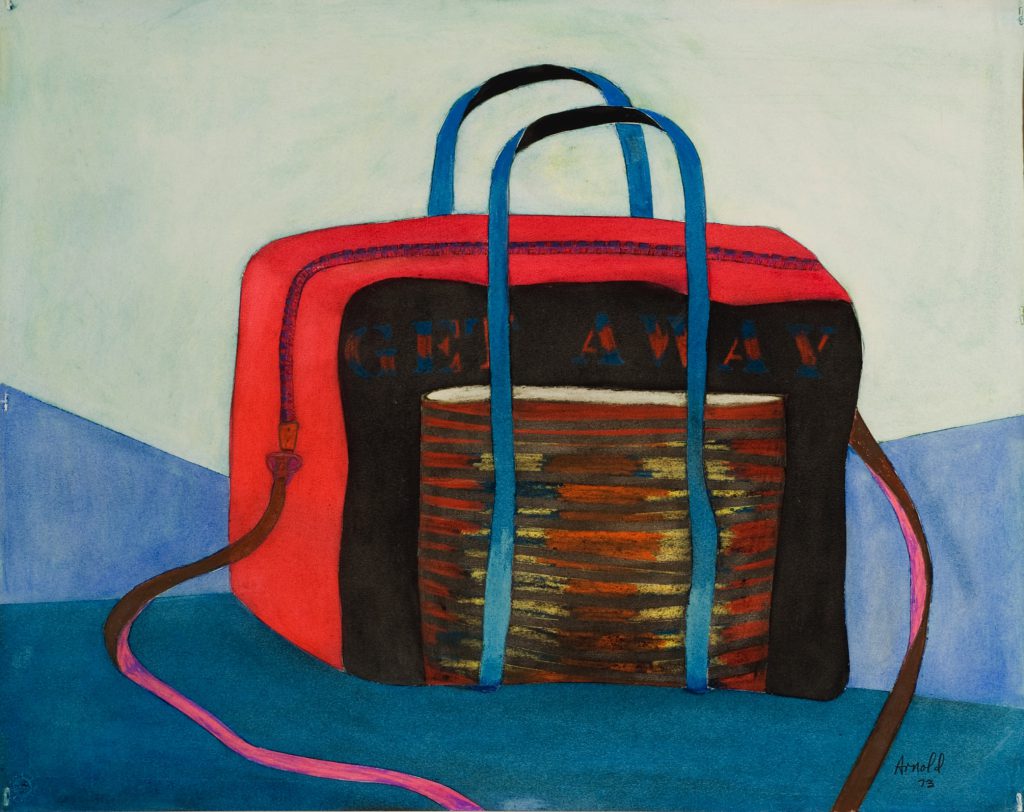
Getaway
1973
Colored pencil and watercolor on paper
58.4 × 73.7 cm

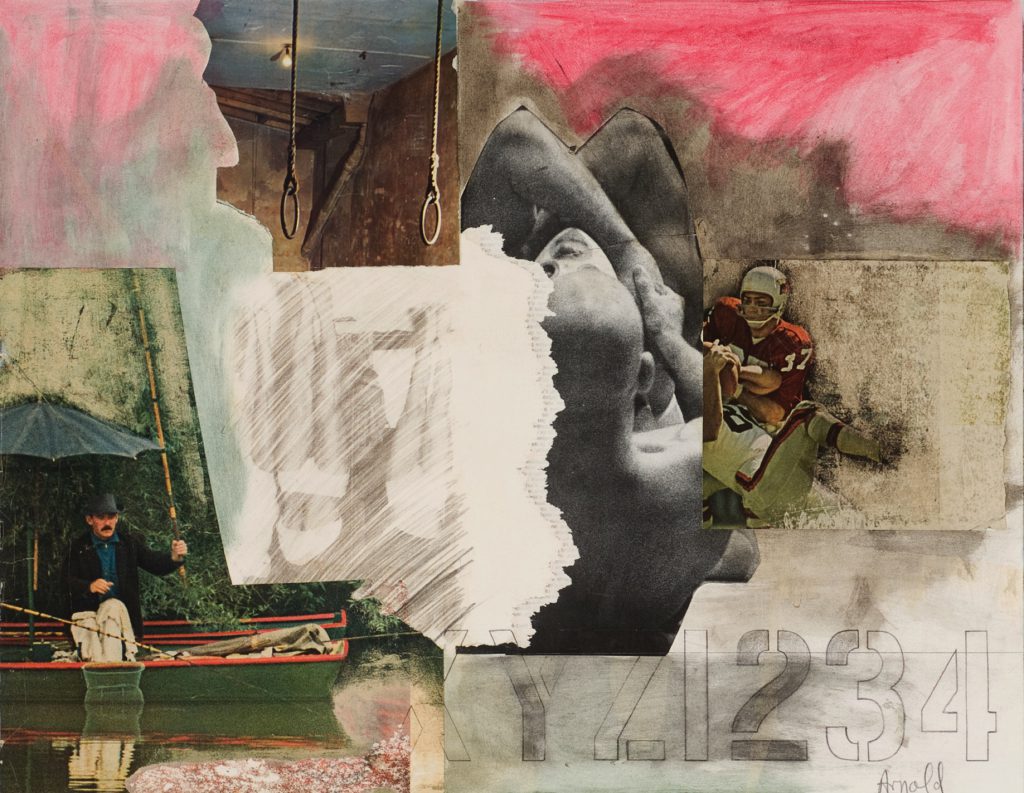
Untitled
1969
Watercolor, collage, gesso, graphite and transfer on paper
55.9 × 76.2 cm
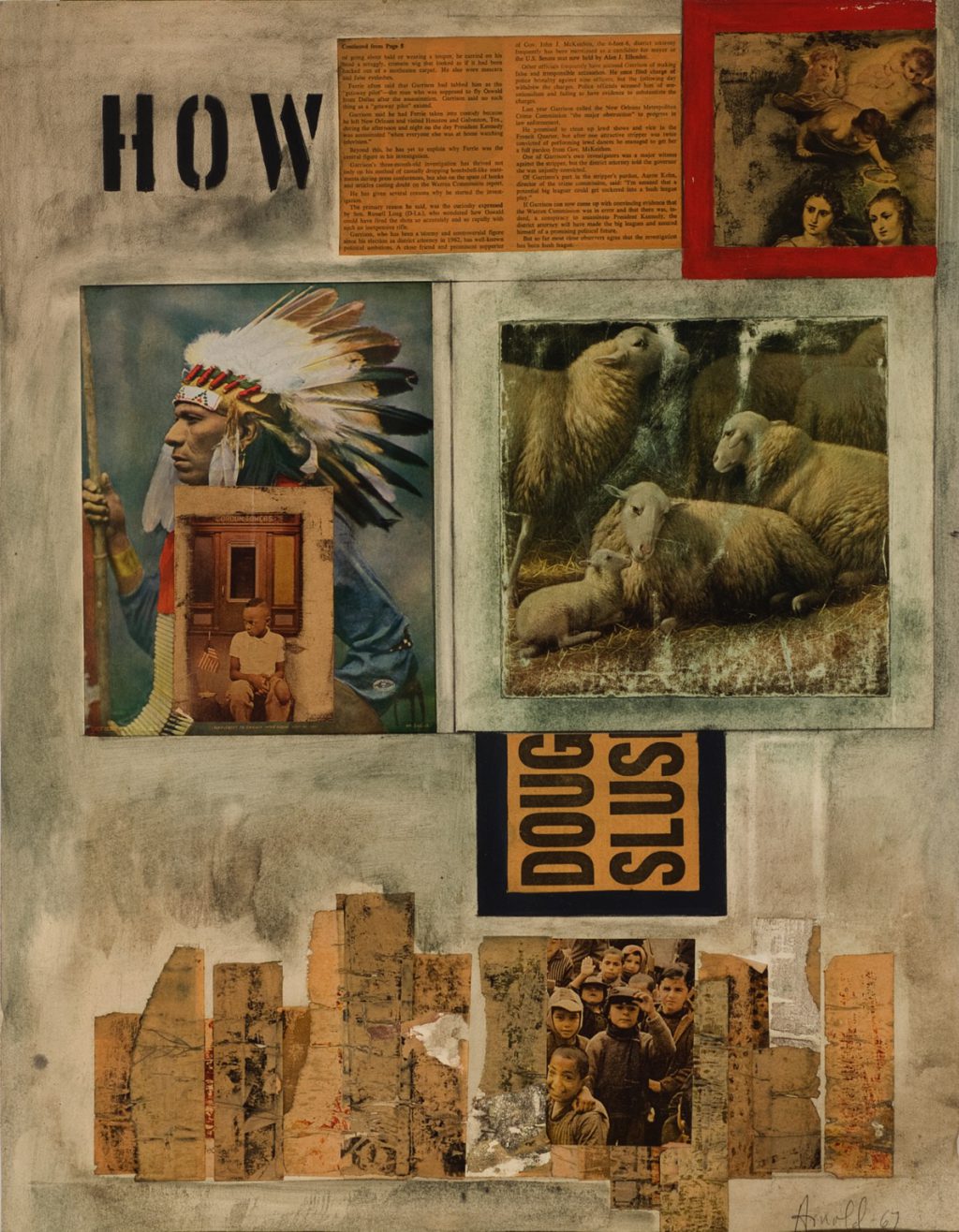
How
1967
Watercolor and collage on paper
64.8 × 50.8 cm
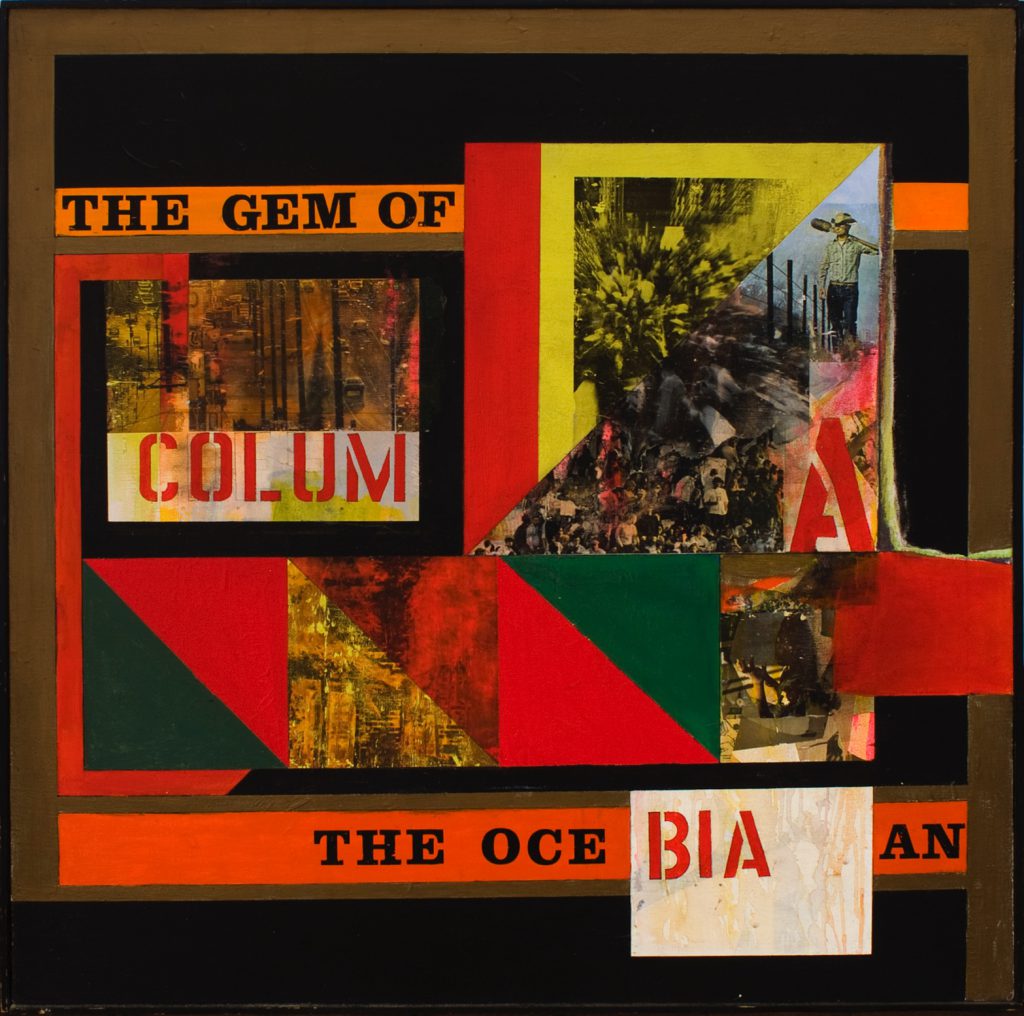
Columbia
1968
Oil and collage on canvas
111.8 × 111.8 cm
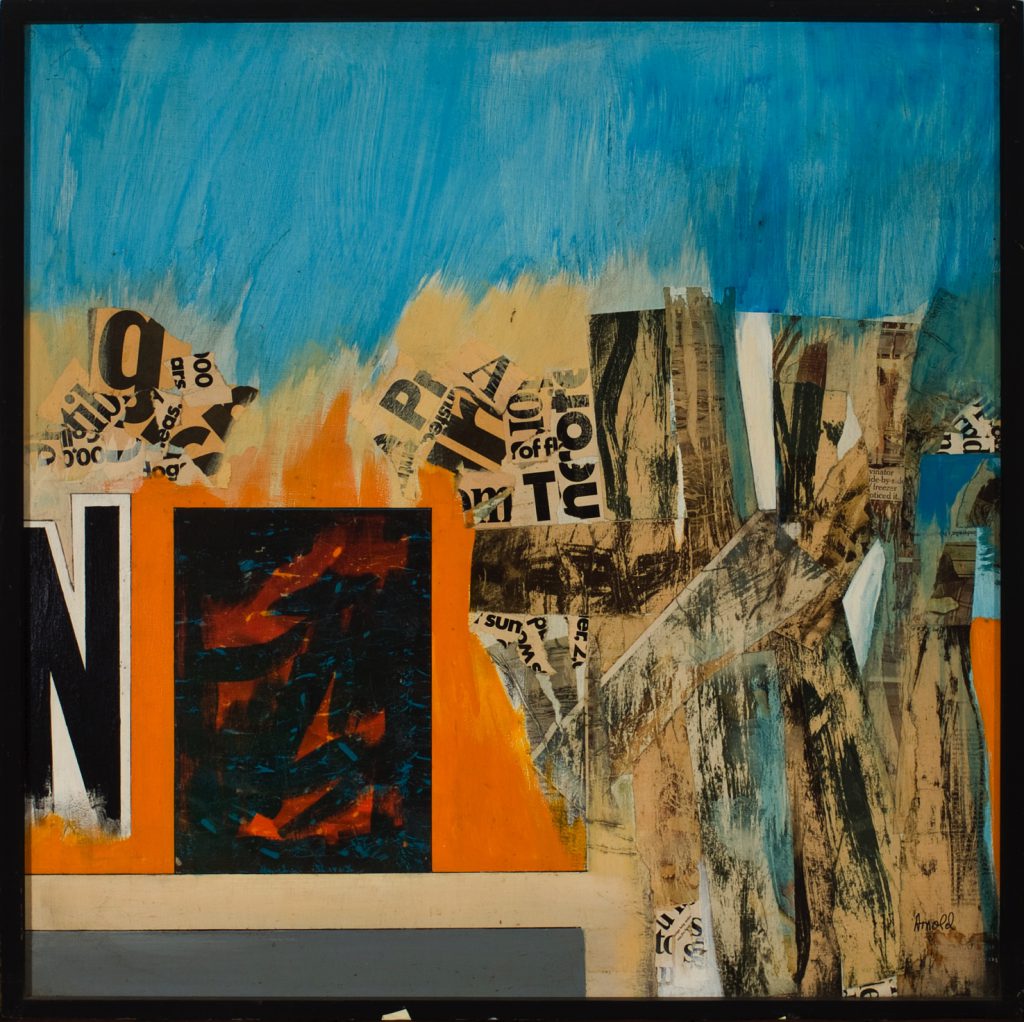
Blue Image with Pills
ca. 1969
Oil and collage on board
91.4 × 88.9 cm
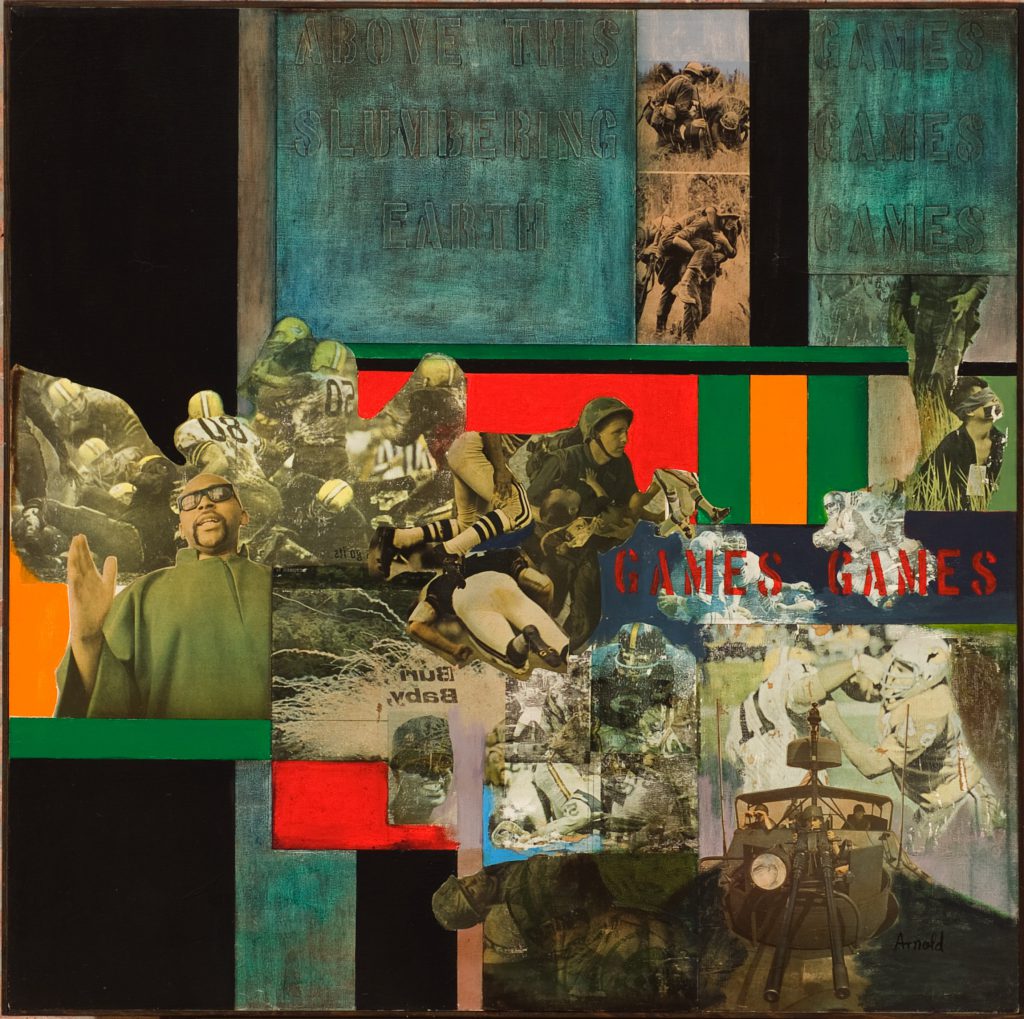
Above This Earth Games Games
1968
Acrylic and collage on canvas
114.3 × 114.3 cm
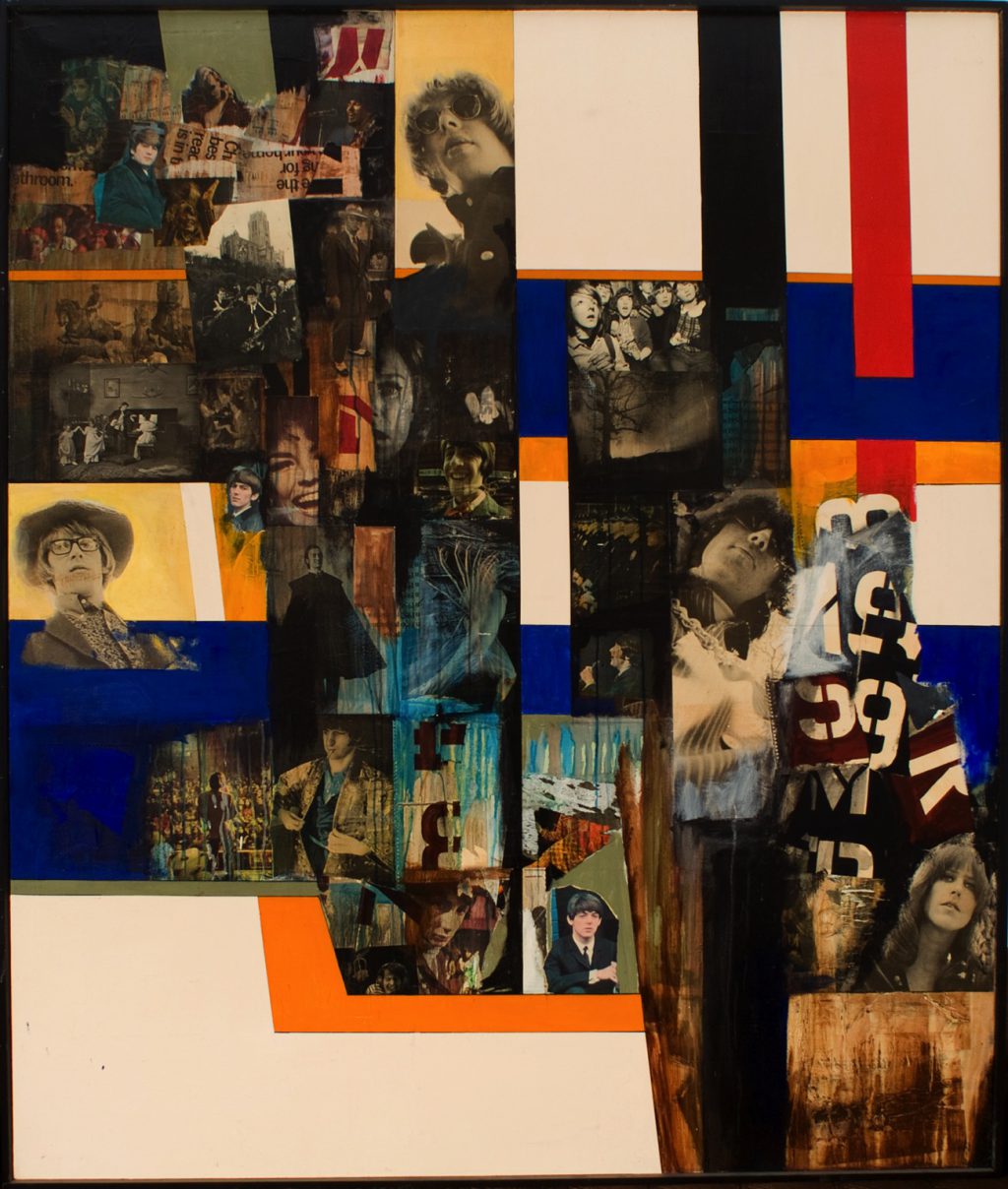
Music Without Words
1967
Collage with transfer
205.7 × 170.2 cm
Text
American artist Ralph Arnold, who died in 2006, is best known for the masterful collages and assemblages that he started making in the early 1960s.
Born in Chicago in 1928 and raised by his aunt and uncle after his mother died in childbirth, Ralph Arnold spent much of his early life in search of an identity. After graduating from high school, his early artistic training was at University of Illinois, but this first attempt was abruptly interrupted. From 1951 to 1953, Arnold served in the army in Korea, a life-changing experience that he documented in a moving photo-journal. When he returned to civilian life, in 1954, he continued his studies at University of Illinois, eventually earning his BFA from Roosevelt University in 1955 and by the end of the 1950s, Arnold produced his earliest mature work. In the late 1960s he took up teaching and from 1972 to 2000 his was an influential and admired figure at Loyola University in Chicago.
Influenced by Paul Klee and Kurt Schwitters and keenly aware of the work of his contemporaries Robert Rauschenberg and Jasper Johns, Arnold developed an oeuvre that moved freely between abstract and figurative art but was always thoroughly immersed in the complex visual languages of popular culture. Arnold always claimed to be an artist first, and an African American second. Nevertheless, some of Arnold’s work is explicitly concerned with the social and political aspects of African American culture. But his work also dealt with what it meant to be just an American. In his great collages (on canvas or board) of the late 1960s images of war, politics and demonstrations are interspersed with cuttings that read ‚POVERTY AMIDST PLENTY’ or ‚INJURED IN CHICAGO’. In the 1970s, Arnold turned his attention to America’s blatant materialism – without even trying to conceal the pleasure of his own consumerist behaviour. This ambivalence is part of what gives them their power – and their wit. Arnold’s homosexuality also made its way into his work – initially in a very quiet way, then more overt as years progressed. The strength of his multifarious oeuvre lies in Arnold’s irresistible personality – bold, self-critical, generous, ethical and full of humour and genuine visual delight.
